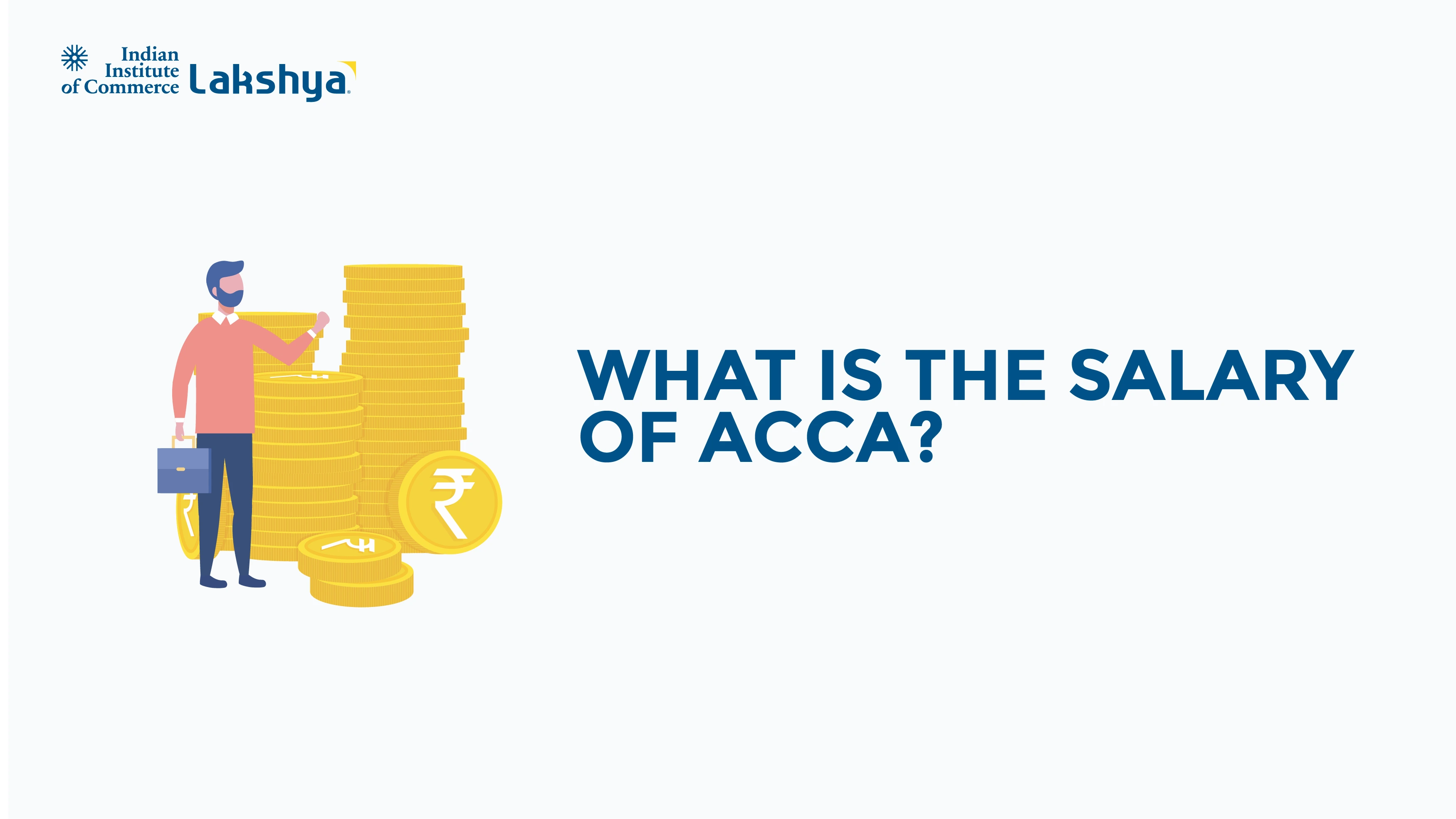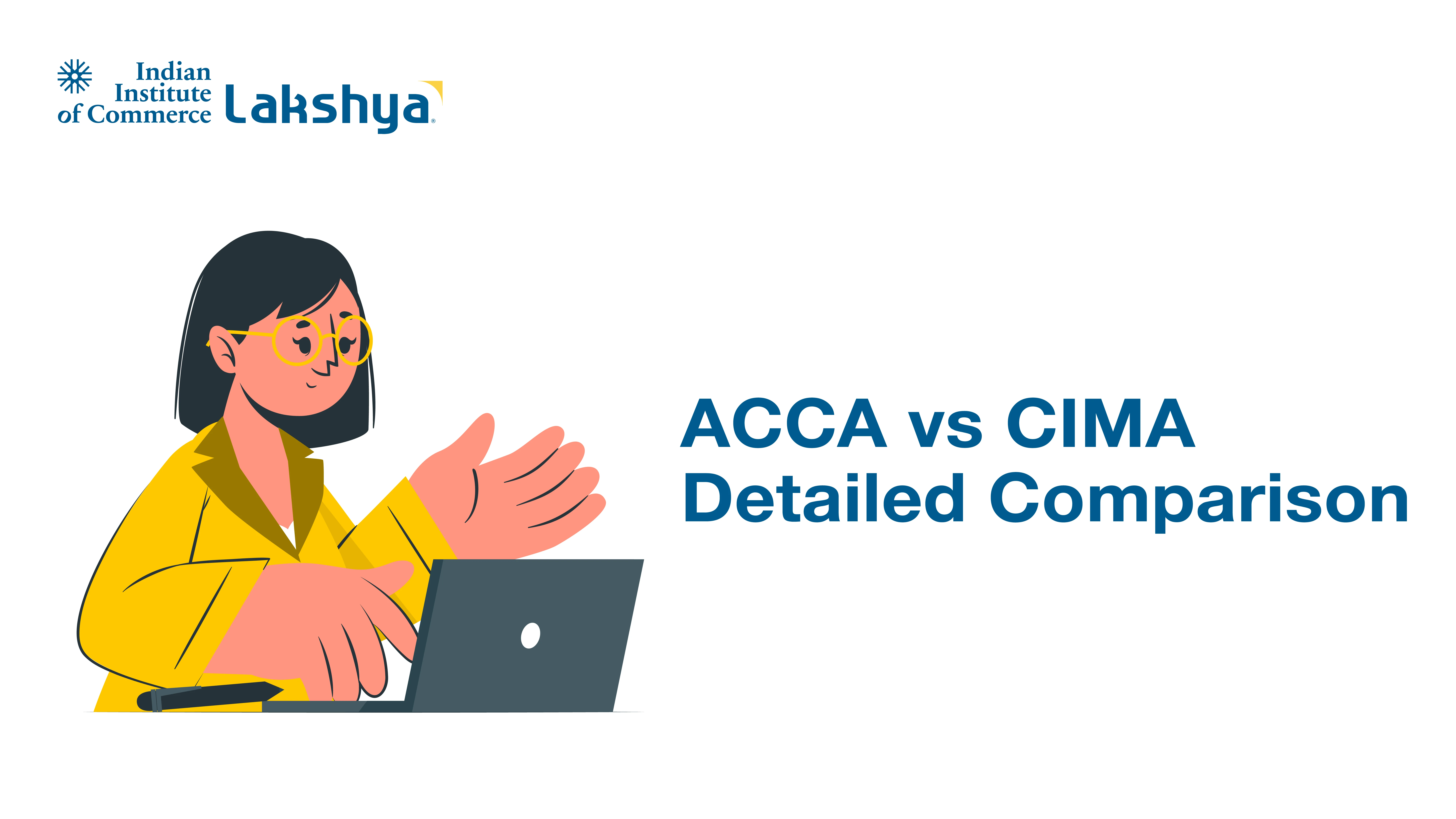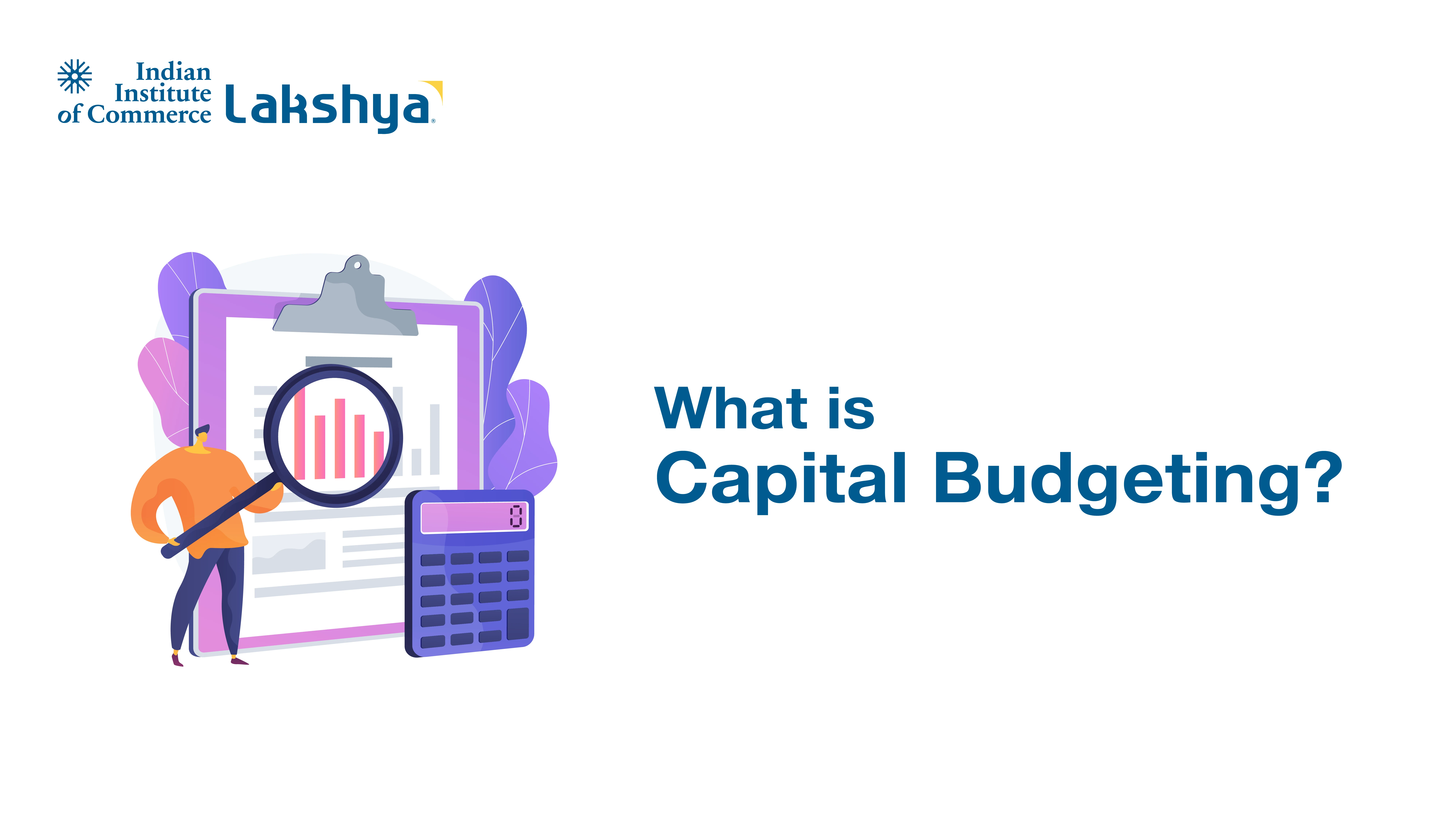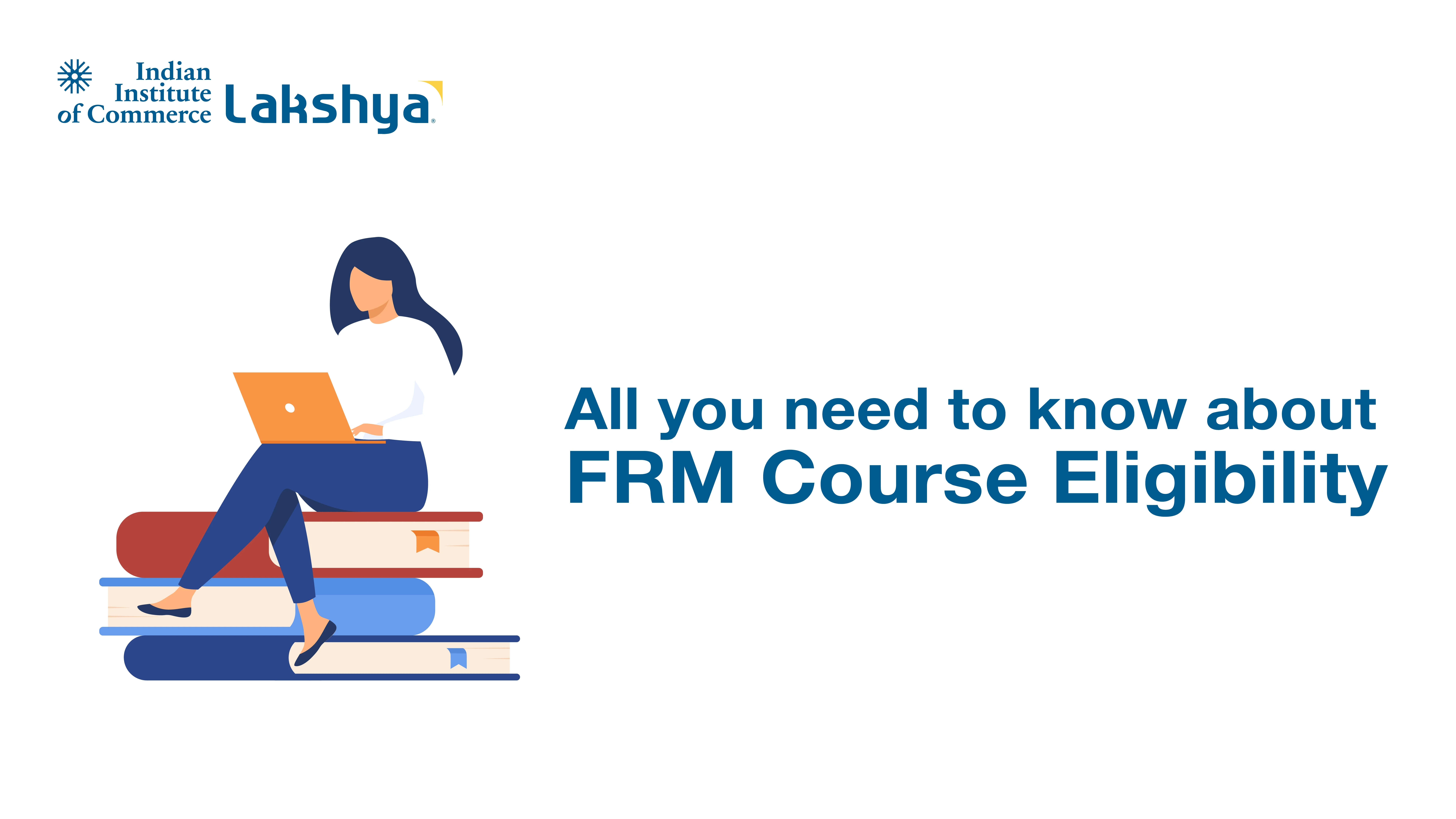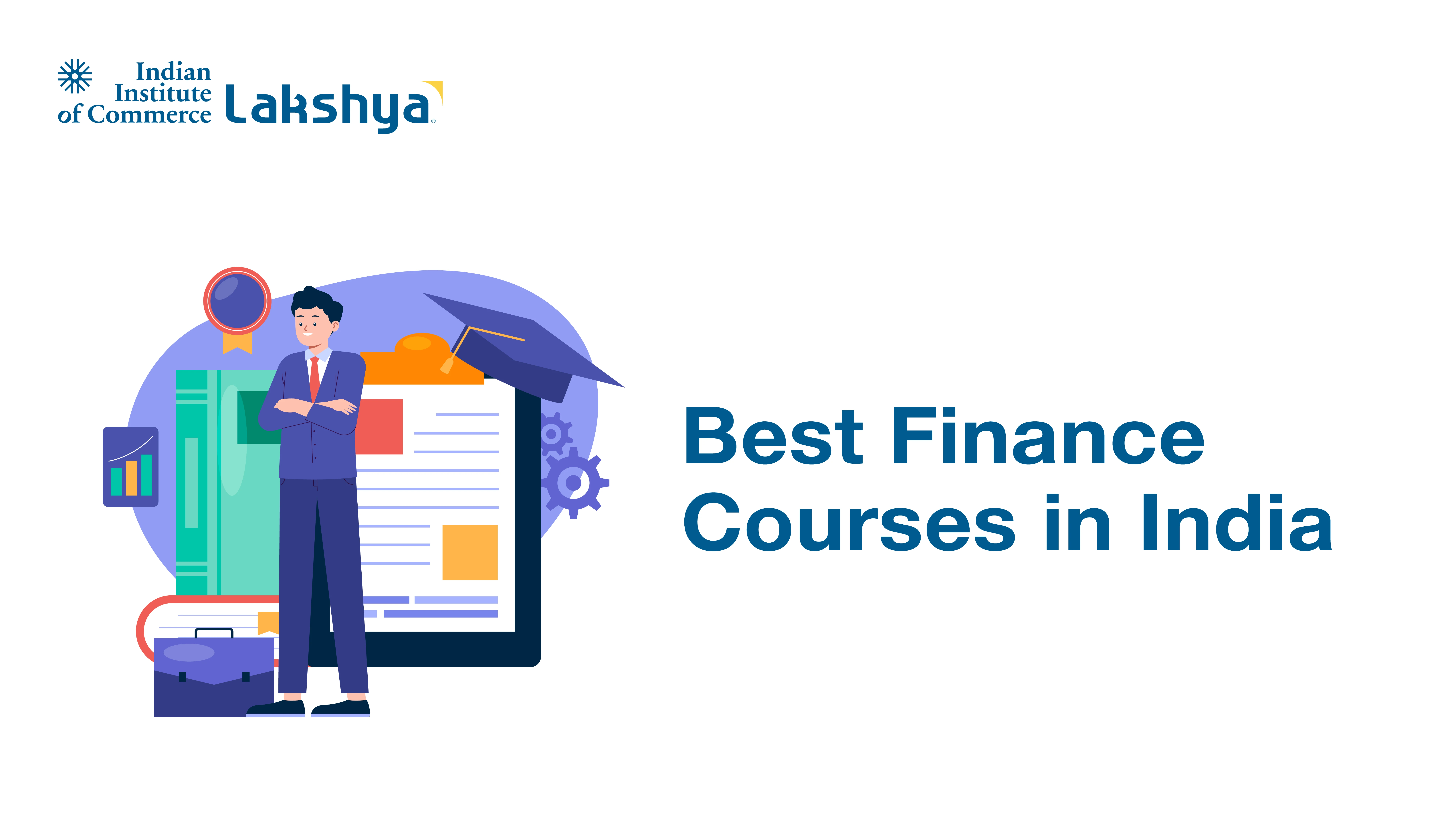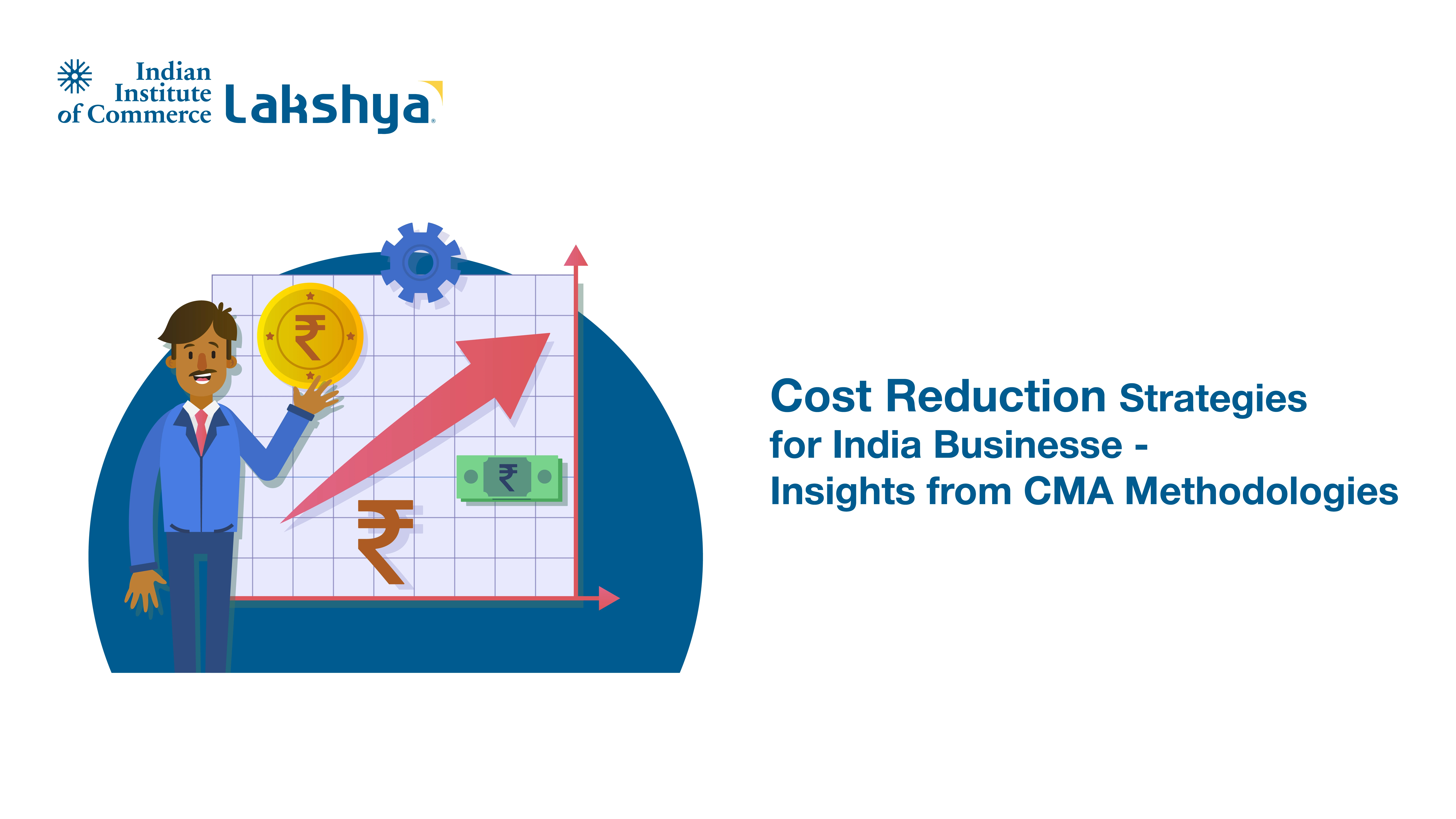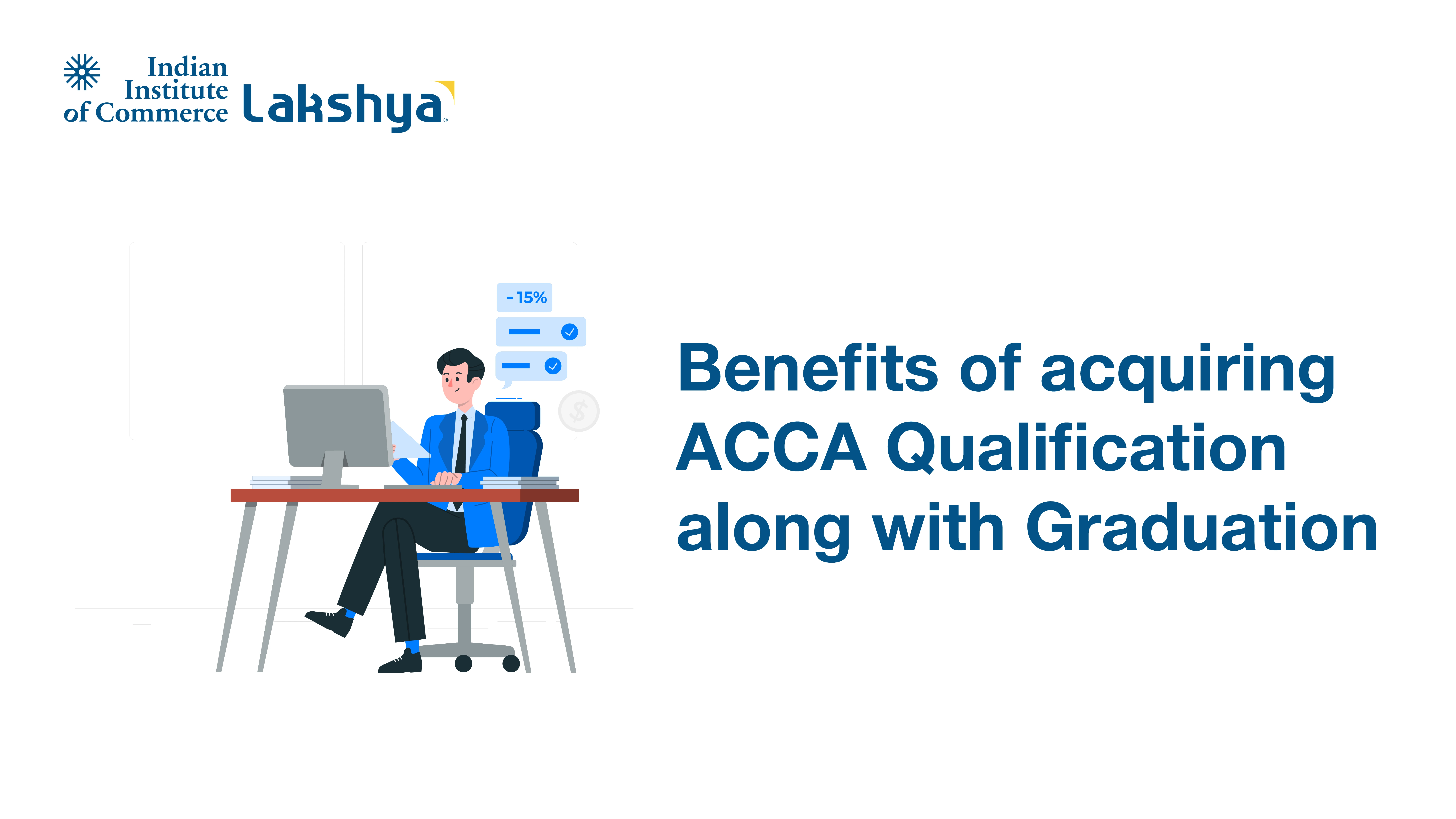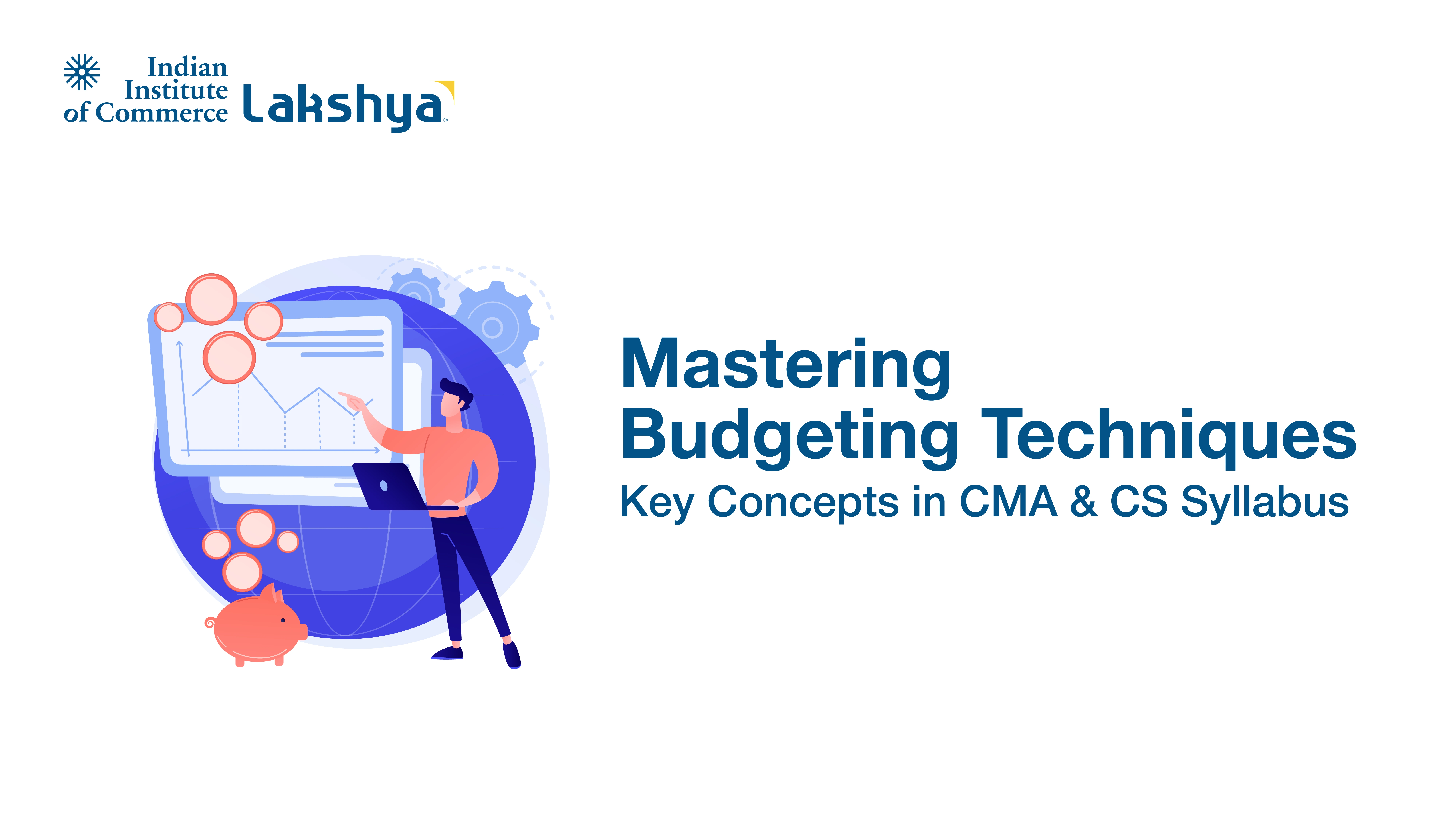Challenges in Commerce Education
![]() By IIC Lakshya
By IIC Lakshya
![]() 2025-05-08T00:00:00.000Z
2025-05-08T00:00:00.000Z
![]()
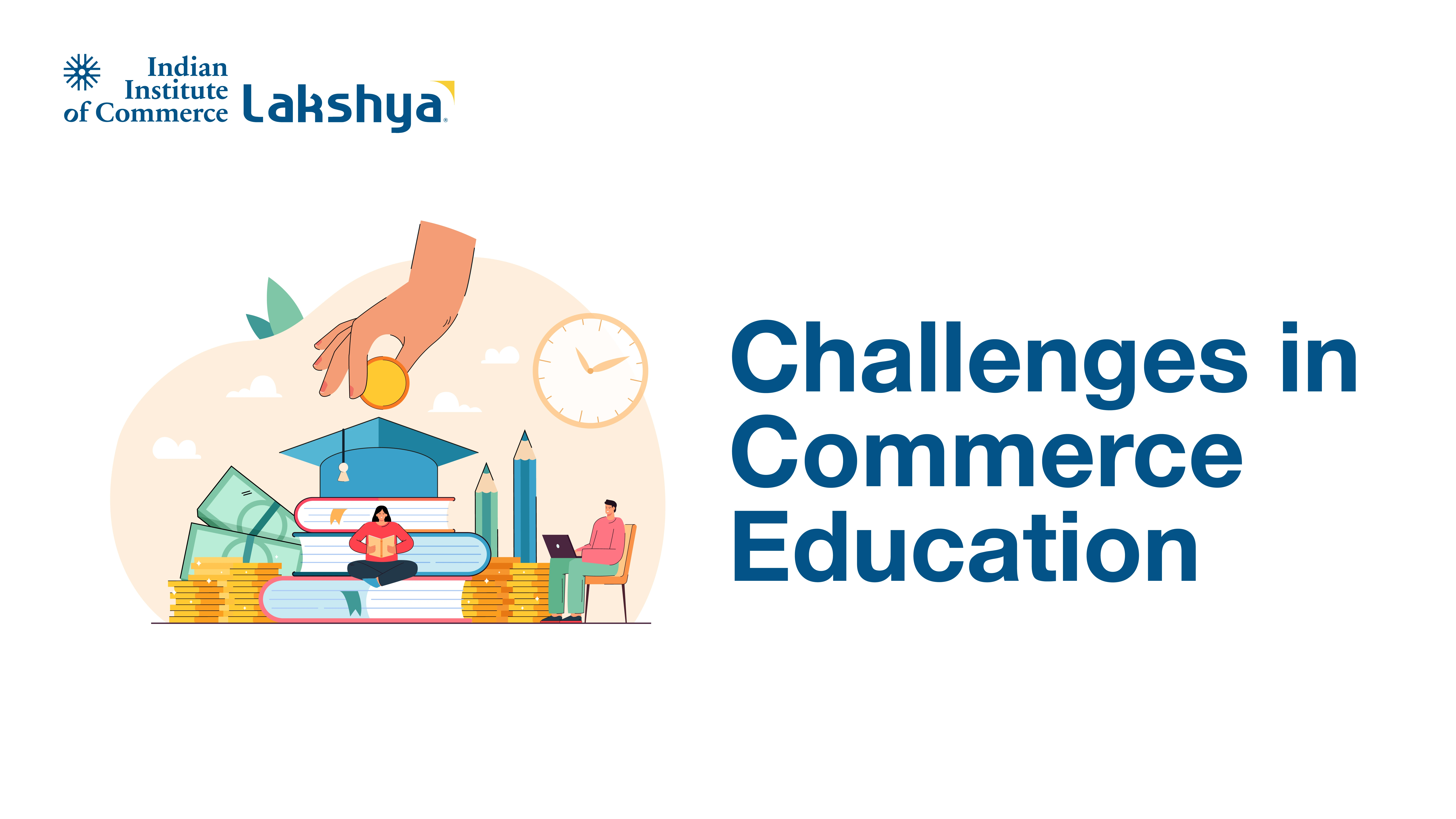
It has been a long time since commerce education was considered to be the milestone of economic development, shaping the minds of future business leaders, entrepreneurs, and financial experts. As we embark on a journey through the dynamic landscape of commerce education, it's crucial to explore the anticipation and challenges that lie ahead. Commerce education is an arena of education that develops the required knowledge, skills, and attitude for the successful handling of trade, commerce, and industry.
Key Challenges In Commerce Education
In the developing landscape of commerce education, anticipation and addressing challenges go hand in hand. While we look forward to the future, the integration of technology, the embrace of globalization, and the understanding of regulatory landscapes will shape the education of commerce students.
Dynamic Curriculum Development
One of the primary challenges in commerce education is keeping the curriculum relevant and up-to-date. The rapid pace of change in the business world requires educational institutions to regularly review and update their courses to ensure students are equipped with the latest knowledge and skills.
Skill Gap and Industry Expectations
A significant challenge is the prevailing gap between the skills students acclaim during their education and the skills demanded by industries. To bridge the graduate’s deficiency in practical skills such as critical thinking, problem-solving, and effective communication, they need a collaborative effort between educational institutions and industries to align curriculum with real-world expectations.
Financial Literacy
Despite being in the realm of commerce, many students graduate without a strong foundation in financial literacy. Understanding the basics of personal finance, investment strategies, and economic principles is essential for navigating the complexities of the business world. Addressing this challenge requires a holistic approach to incorporating financial education into the curriculum.
Ethical Dilemmas
Commerce professionals often face ethical dilemmas in decision-making. The challenge lies in preparing students to navigate these moral complexities and make decisions that align with ethical standards. Developing a deep sense of integrity and ethical reasoning should be an integral part of commerce education.
Key Prospect in Commerce Education
As per the needs of the business and society, independent professions have emerged in the form of Chartered Accountant, Cost and work accountant, Company Secretary, and business administrator (MBA). Commerce education is intended to provide students with in-depth knowledge of different functional areas of business to prepare people required by the community for trade, commerce, and industry.
Technological Integration
A vital factor in commerce education is the anticipation of continued technological advancements. Incorporating emerging technologies such as artificial intelligence, blockchain, and data analytics can revolutionize how we understand and conduct business. Students must prepare not only to adapt to these changes but also to harness the power of technology to drive innovation.
Globalization and Interconnected Markets
Geographical boundaries no longer confine commerce. Globalization has interconnected markets, creating a need for students to develop a global mindset. Anticipating the challenges of navigating diverse cultures, understanding international trade policies, and managing cross-border transactions is essential for future commerce professionals.
Evolving Regulatory Landscape
Anticipating changes in the regulatory environment is crucial. As governments worldwide adapt to economic shifts and technological progress, students in commerce education must stay abreast of evolving laws and regulations. These include understanding the implications of digital currencies, privacy laws, and environmental regulations on businesses.
Conclusion
To create a learning environment that fosters adaptability, critical thinking, and a strong ethical foundation, educational institutions, industry stakeholders, and policymakers should inevitably collaborate. Through this, we can empower the next generation of commerce professionals to navigate the seas of uncertainty with confidence and contribute meaningfully to the economic fabric of society.Simultaneously, overcoming challenges related to curriculum development, skill gaps, financial literacy, and ethical considerations will ensure that students are well-prepared to thrive in the dynamic world of commerce.
For students aiming to build a strong academic base, the support of a reliable commerce coaching class often makes a meaningful difference.
Learn More
- How to get a job in a Private Sector Bank?
- Career Opportunities in Commerce without Maths
- ACCA Exemptions for MBA
- How to Start the ACCA Course after 12th Commerce?
For students and professionals alike—commerce clarity starts with our latest Commerce Blogs!
Frequently Asked Questions (FAQs)
What are the key areas of focus in commerce education?
Ans: Commerce education focuses on developing knowledge, skills, and attitudes for handling trade, commerce, and industry. Key areas include financial management, accounting, business administration, marketing, and economics.
What are the career prospects for graduates with a commerce education?
Ans: Graduates can pursue careers in various fields such as accounting, financial analysis, marketing, business administration, and international trade. Roles include Chartered Accountant, Cost Accountant, Company Secretary, and Financial Manager, among others.
How can educational institutions foster adaptability and critical thinking in commerce students?
Ans: Institutions can foster these skills by creating a dynamic learning environment that emphasizes real-world problem-solving, encourages innovation, and integrates ethical considerations. Collaboration with industry stakeholders and policymakers can further enhance these efforts.
Related Course
Talk to us
Request a Call Back


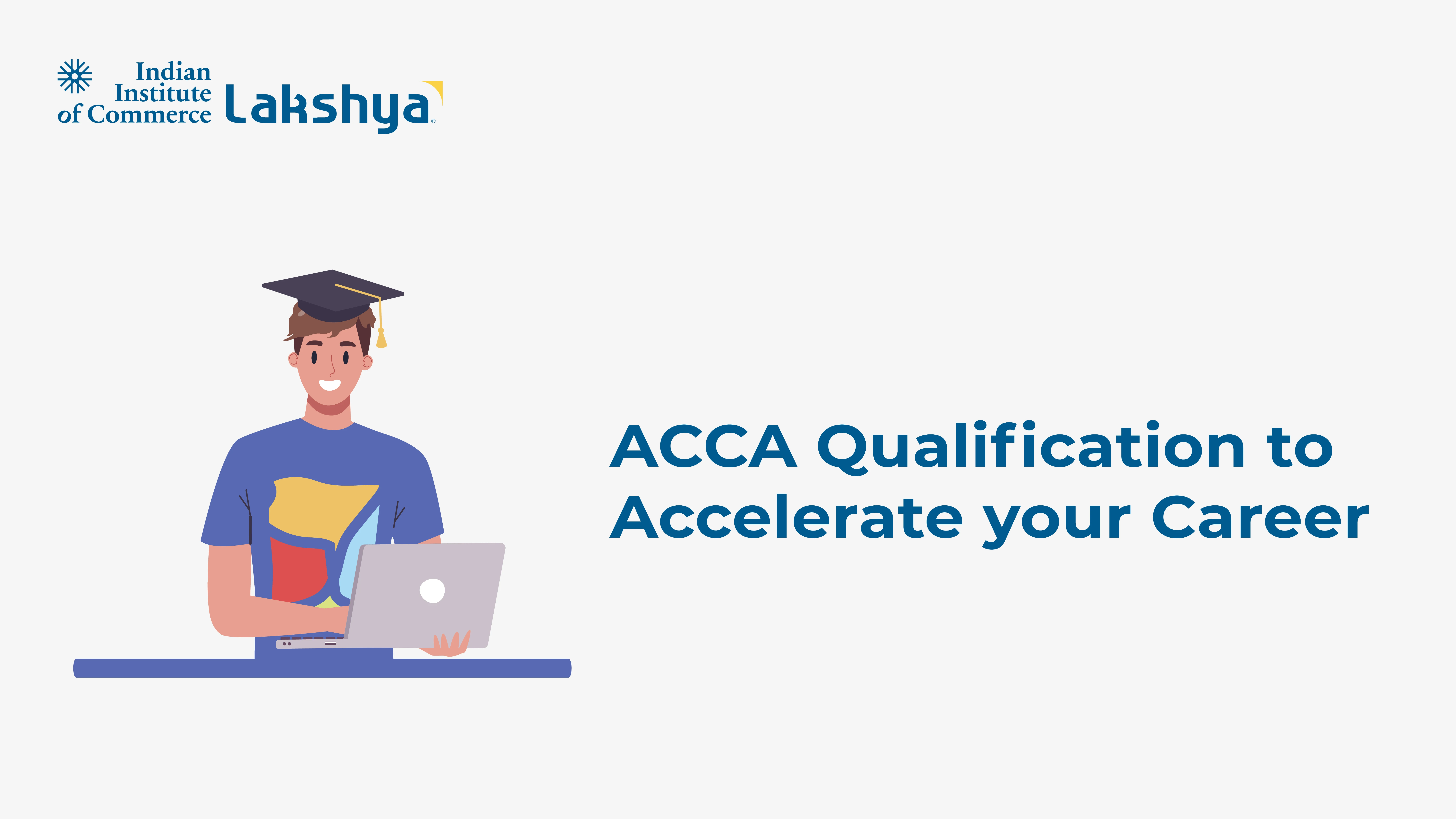
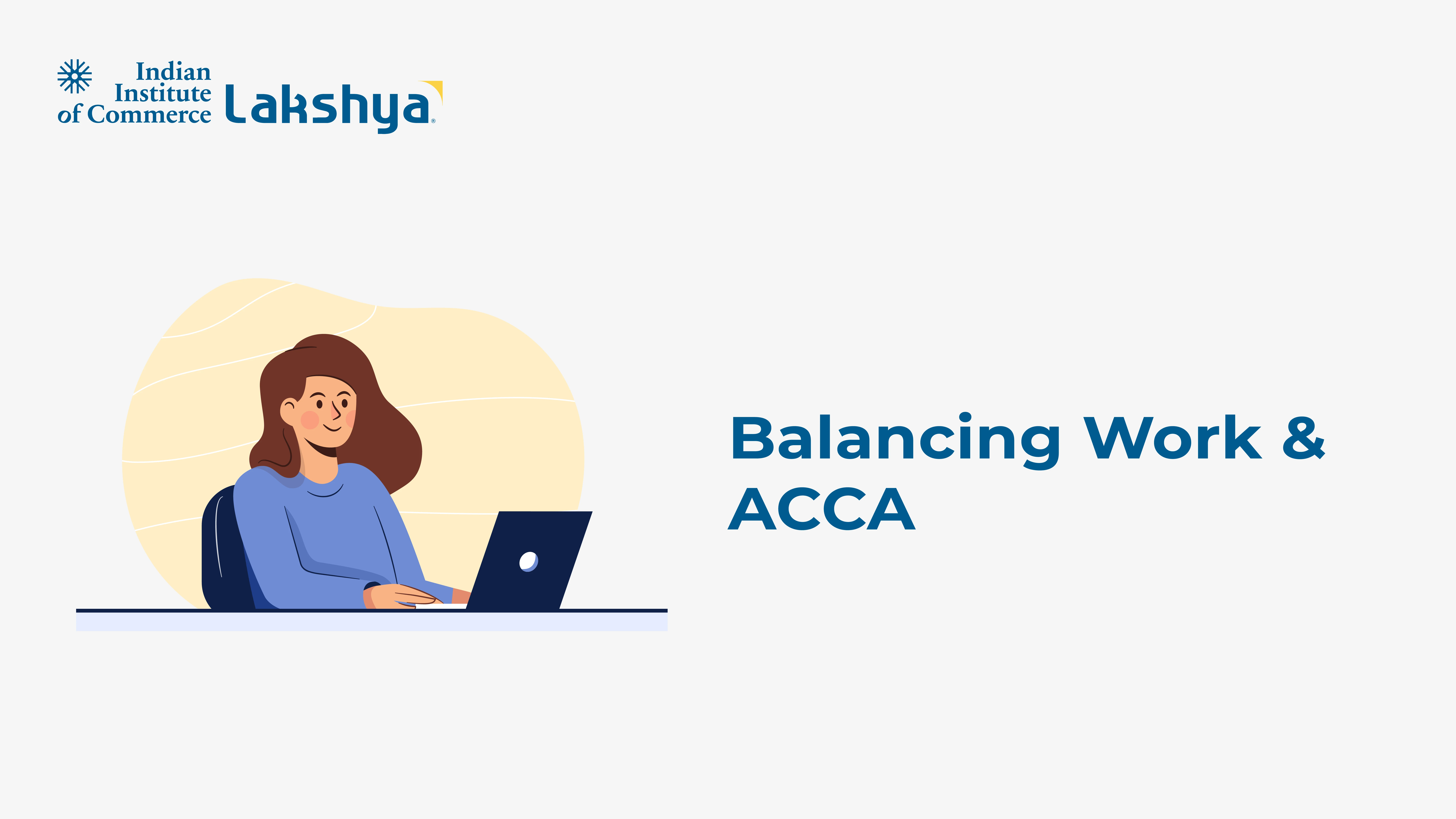


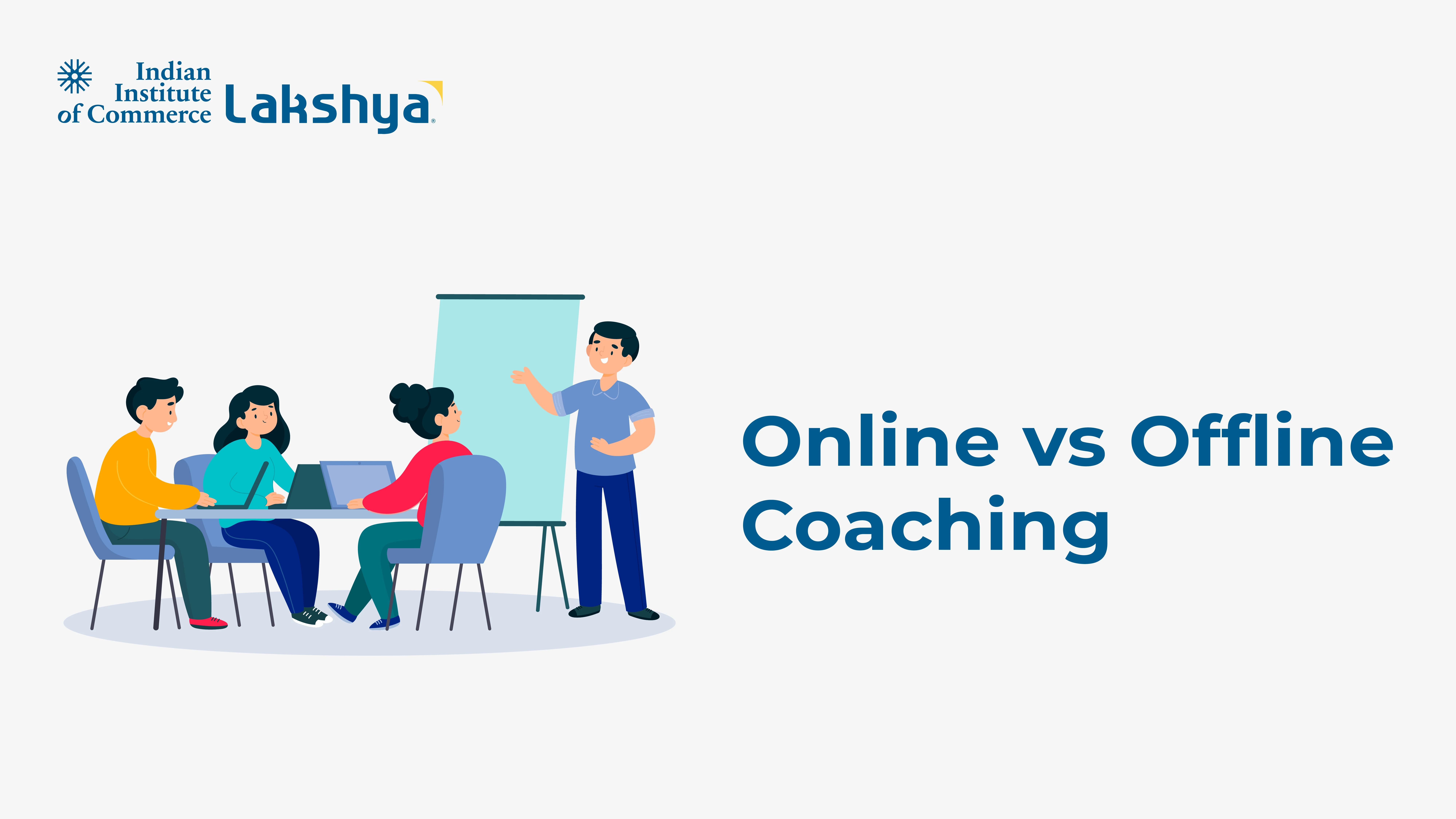



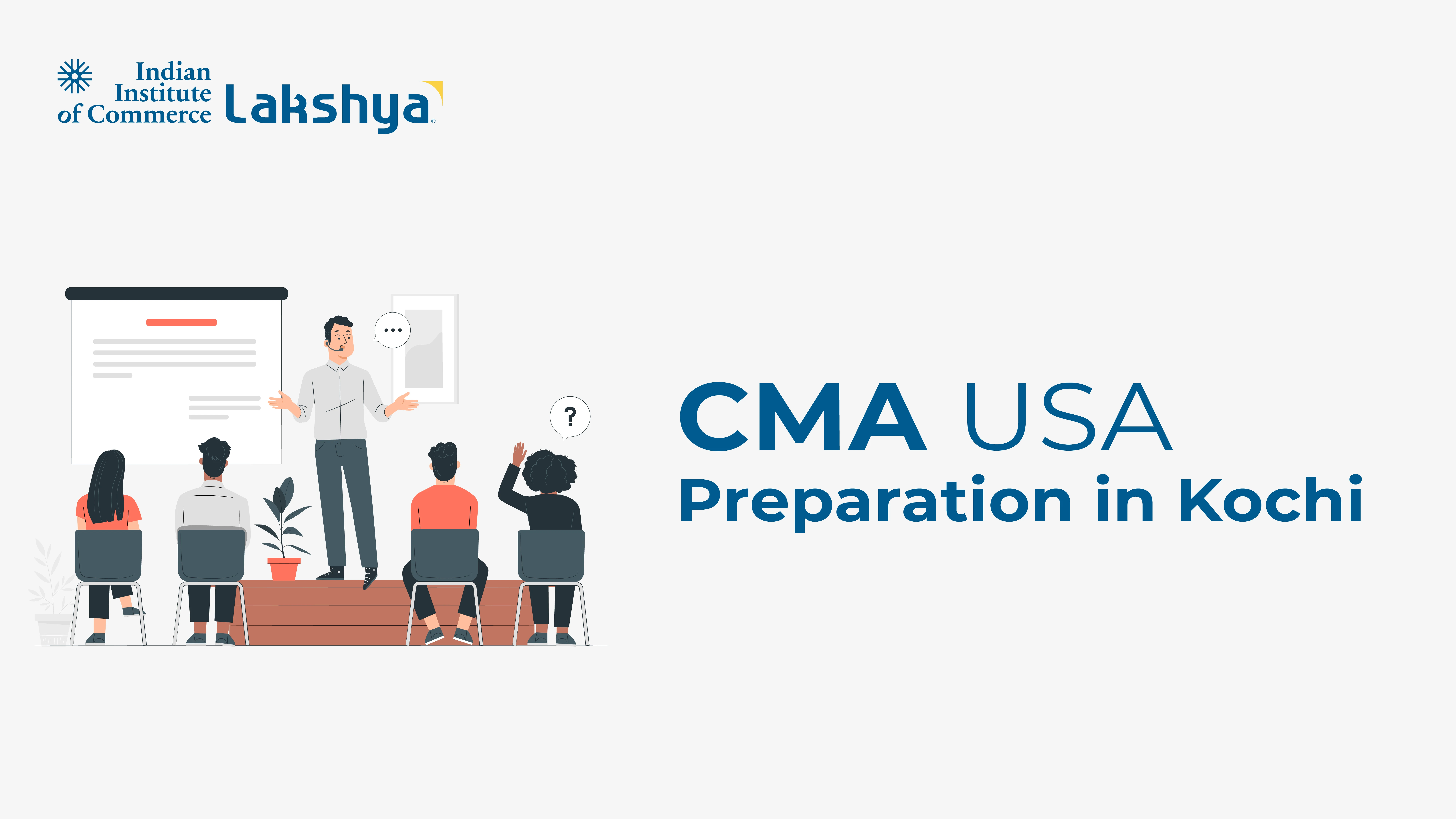

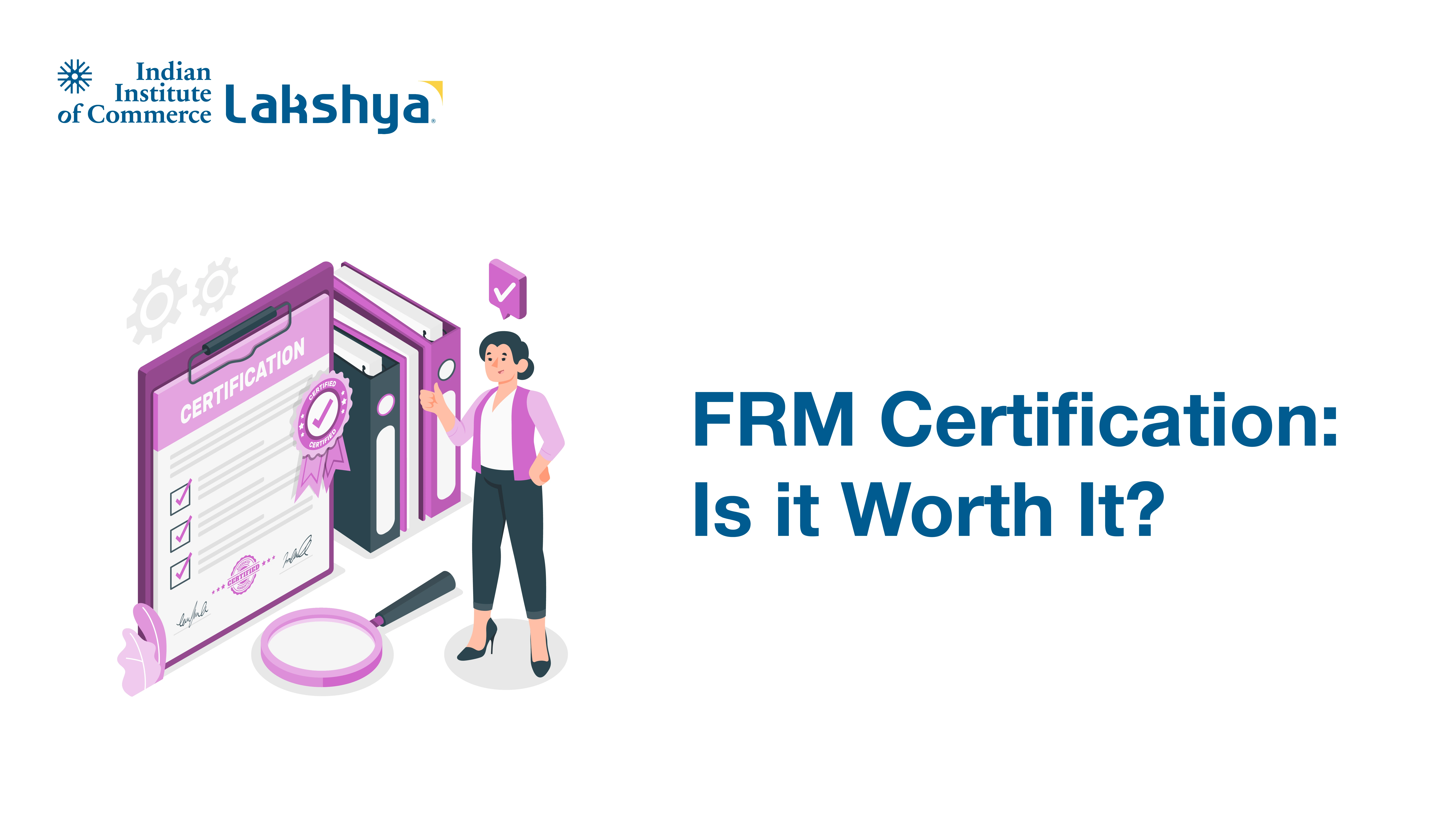
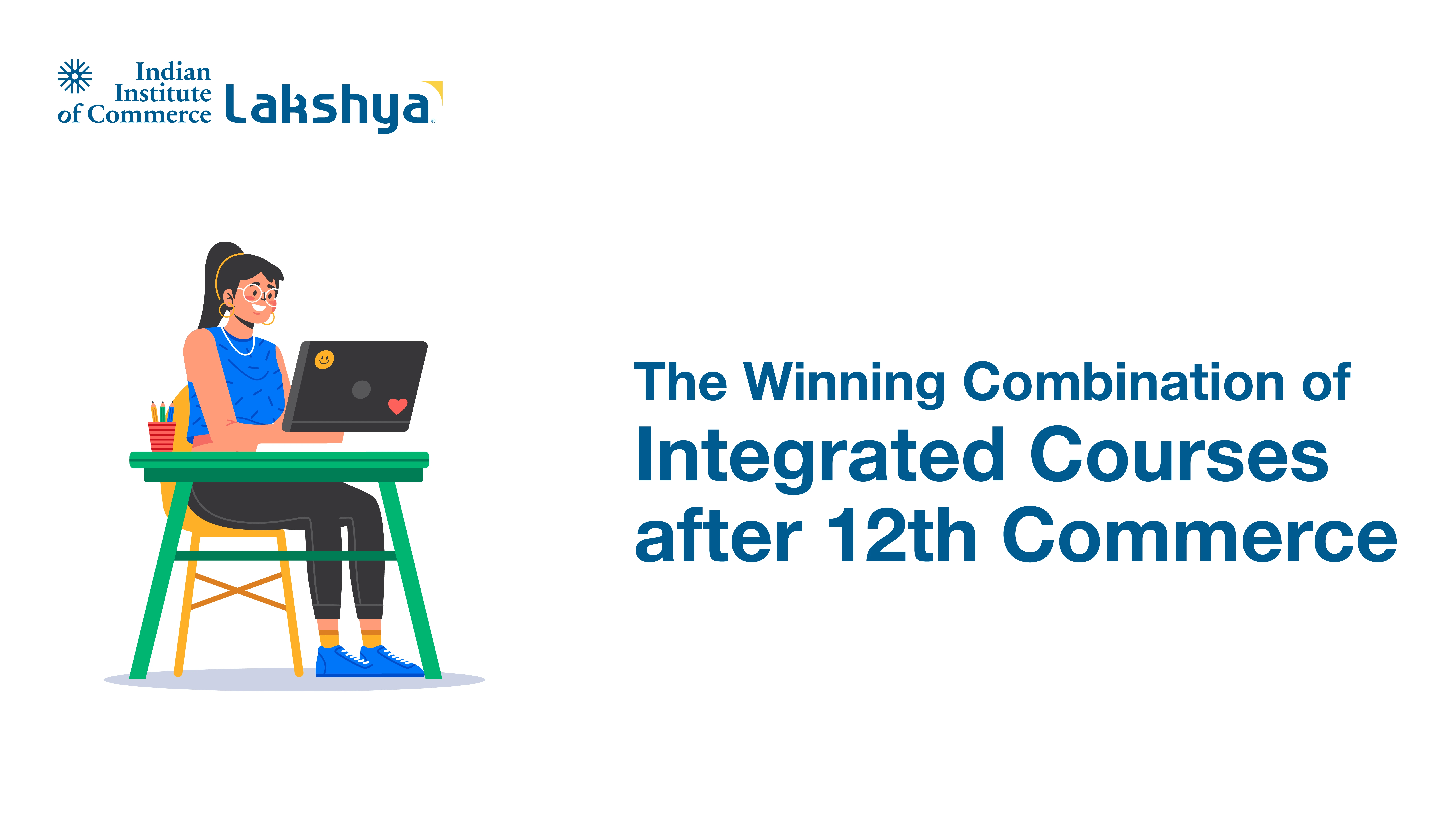
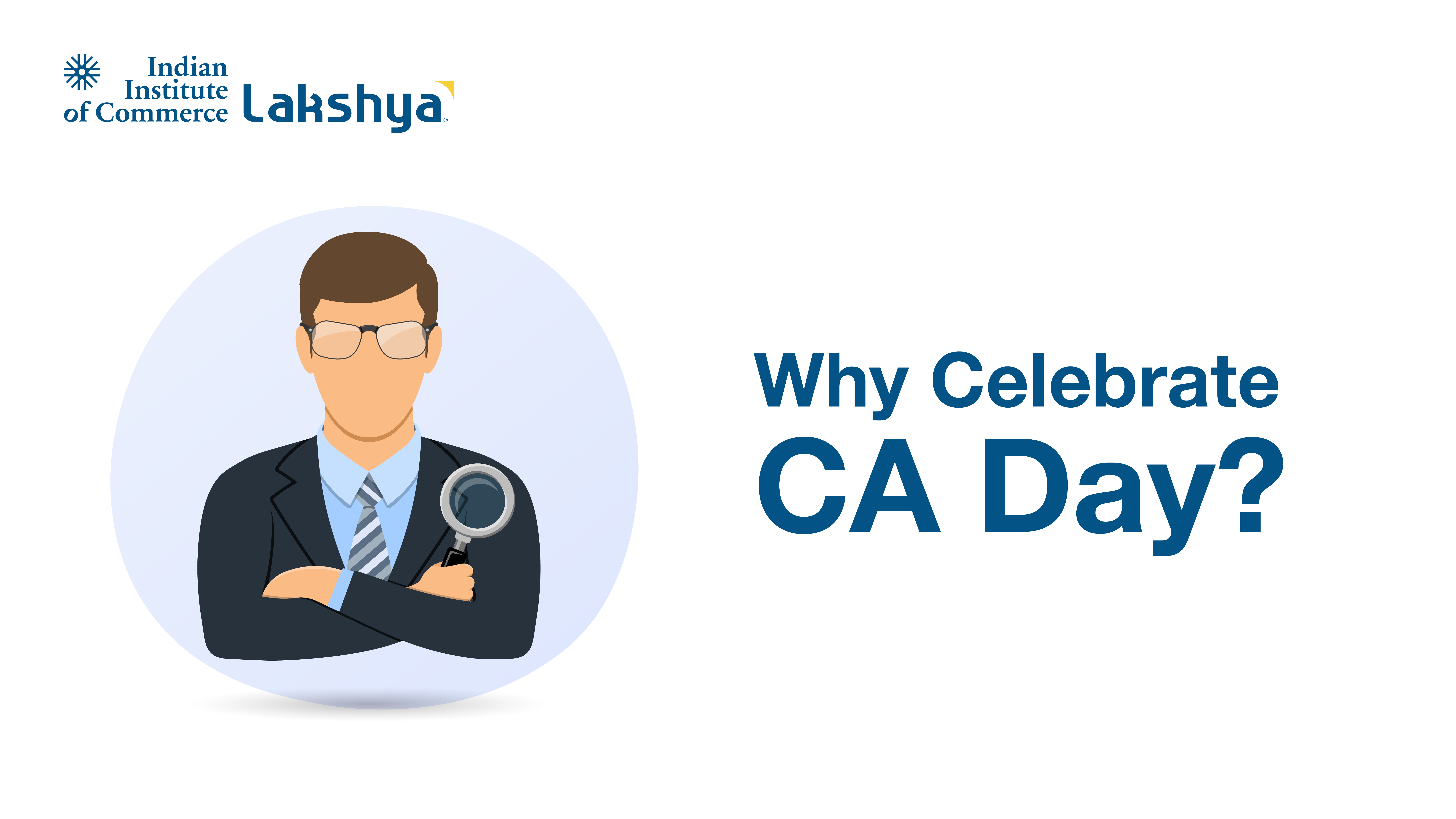




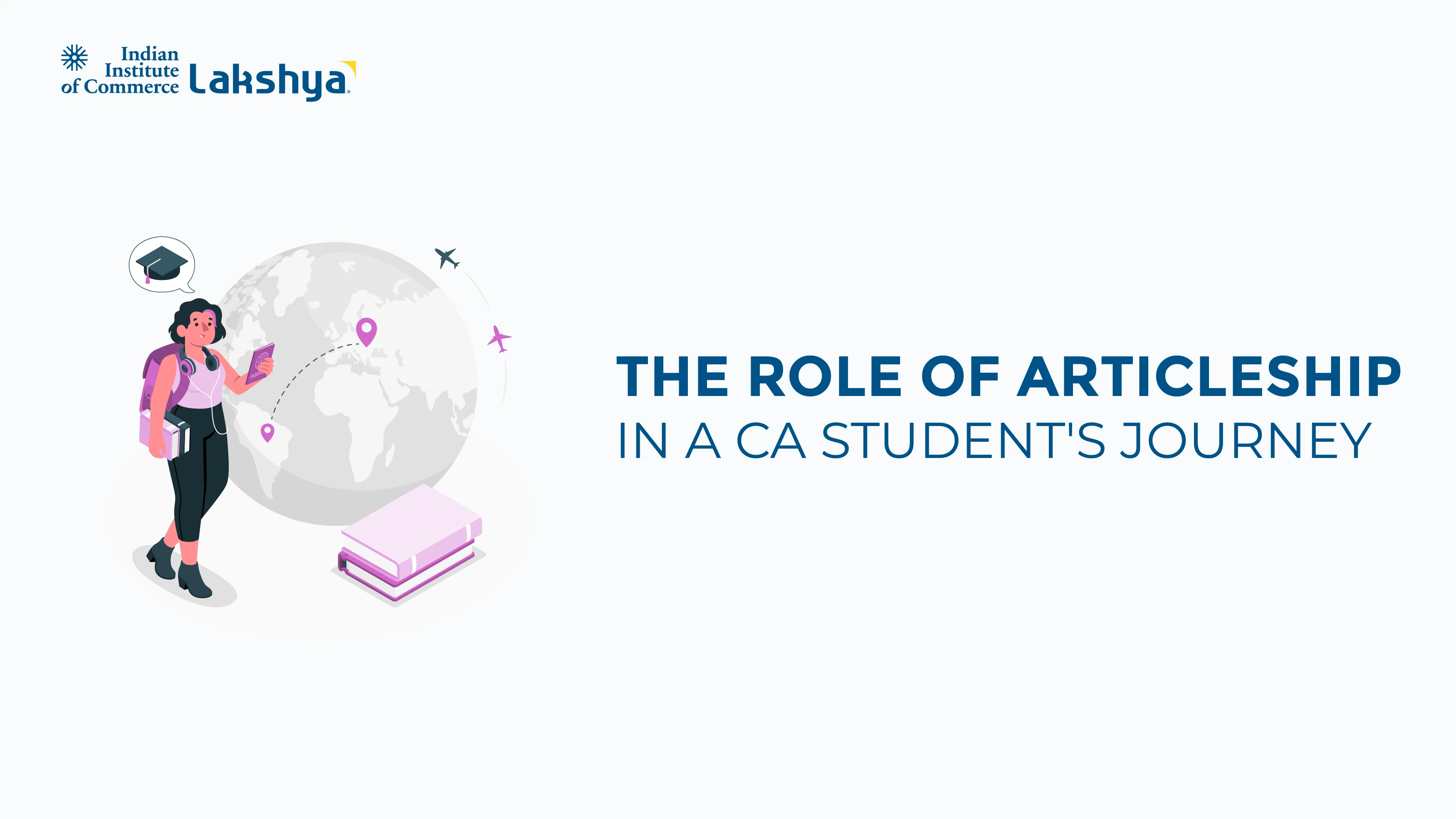


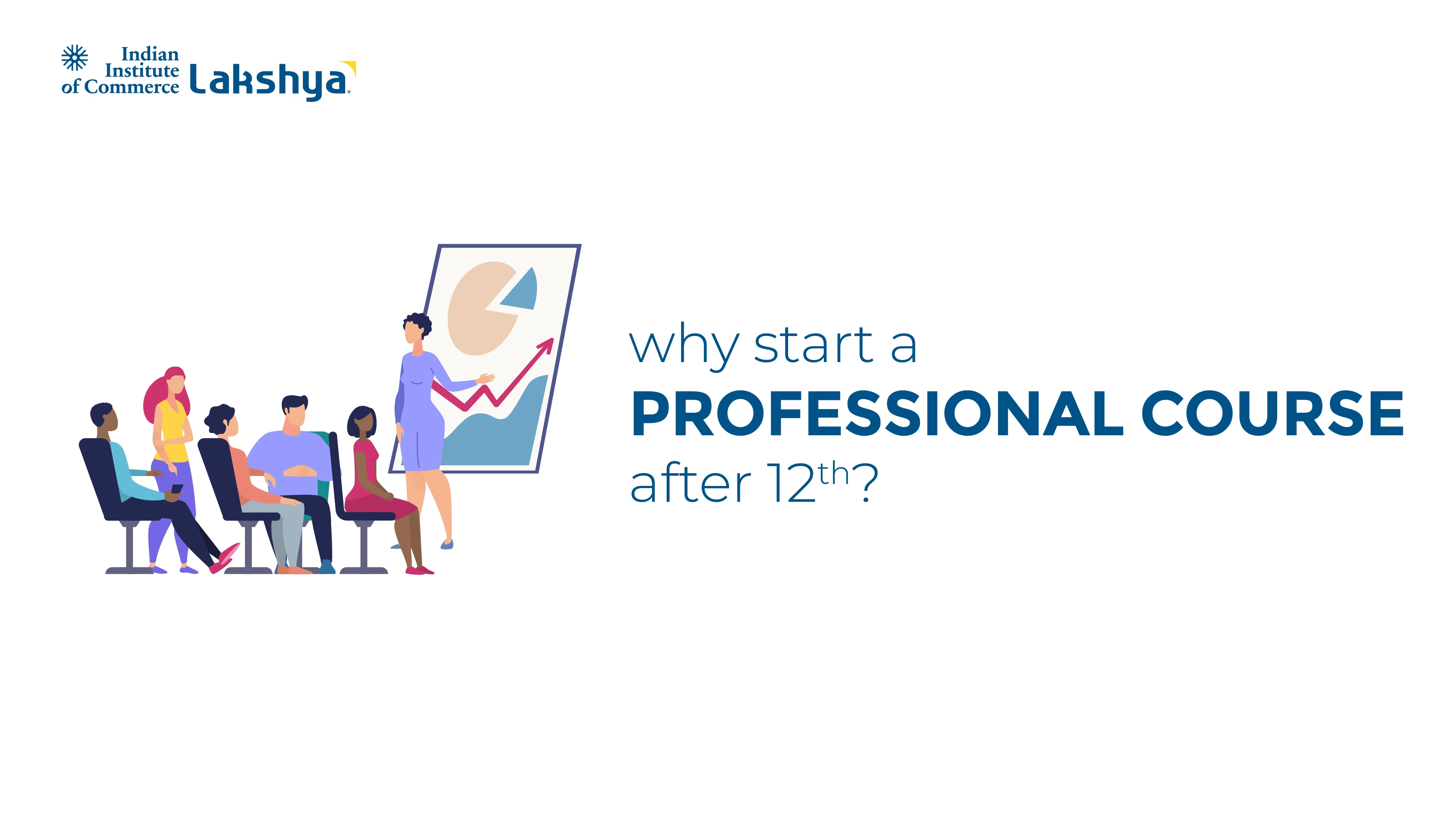
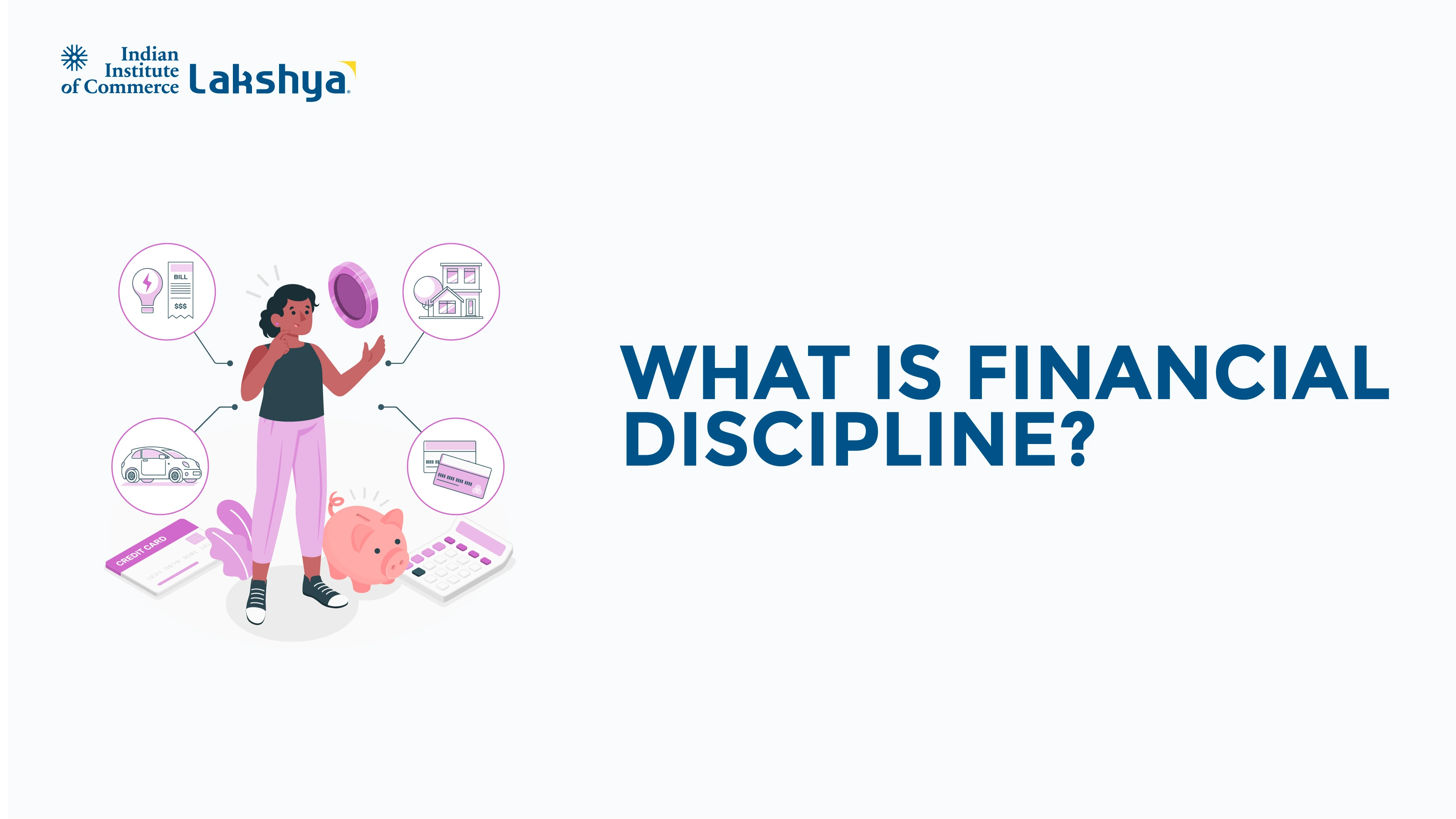




















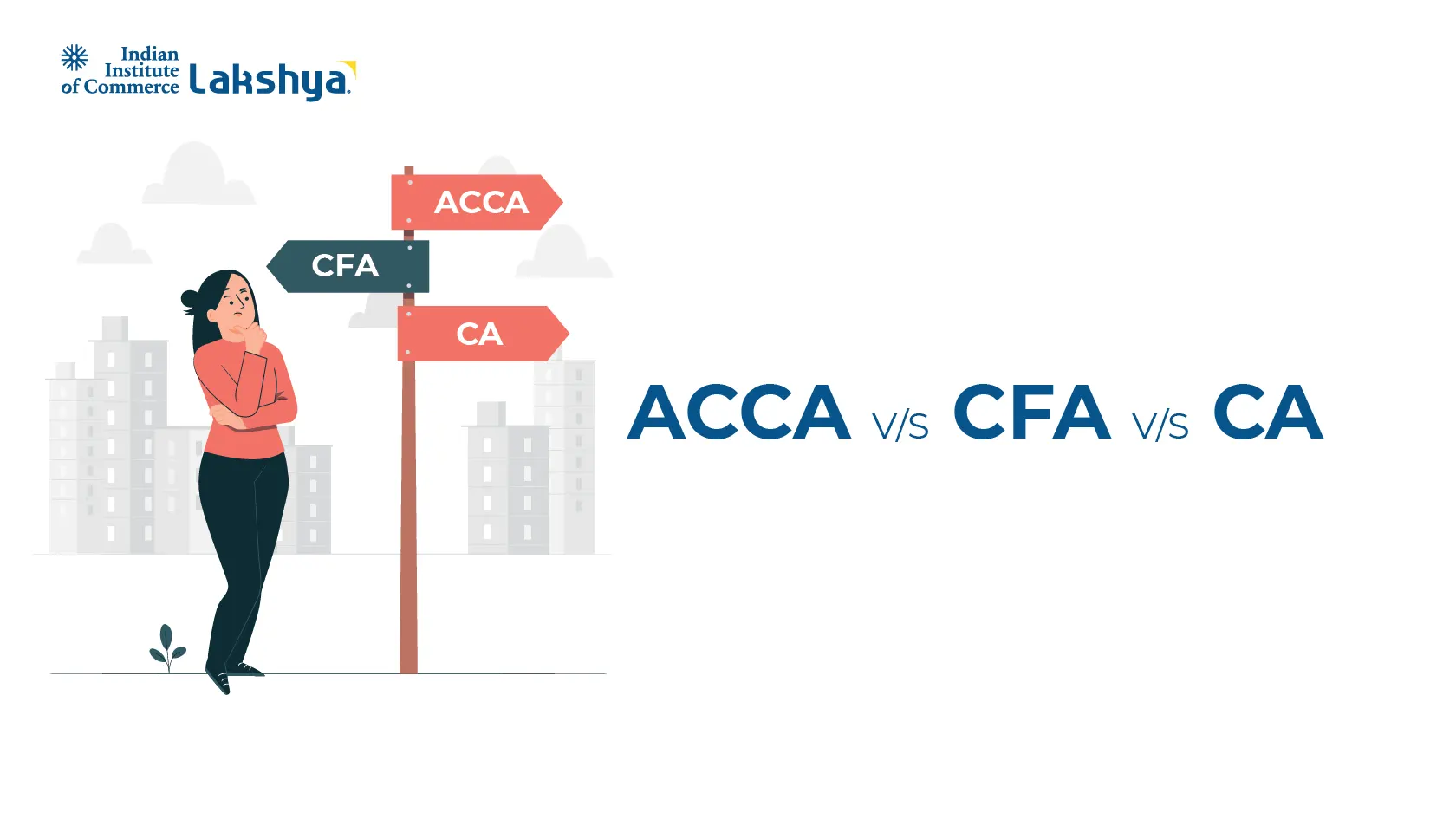









.webp)
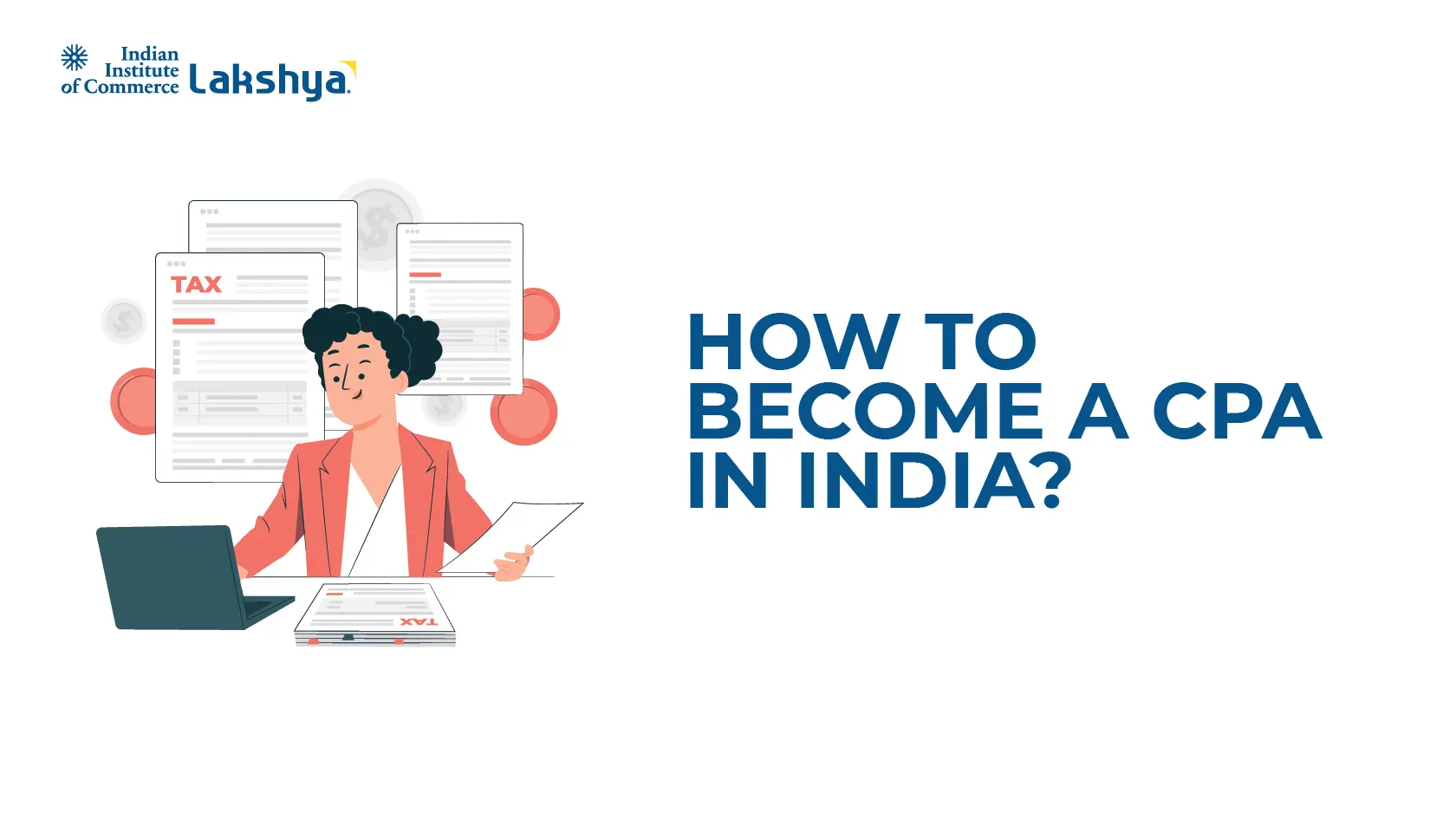

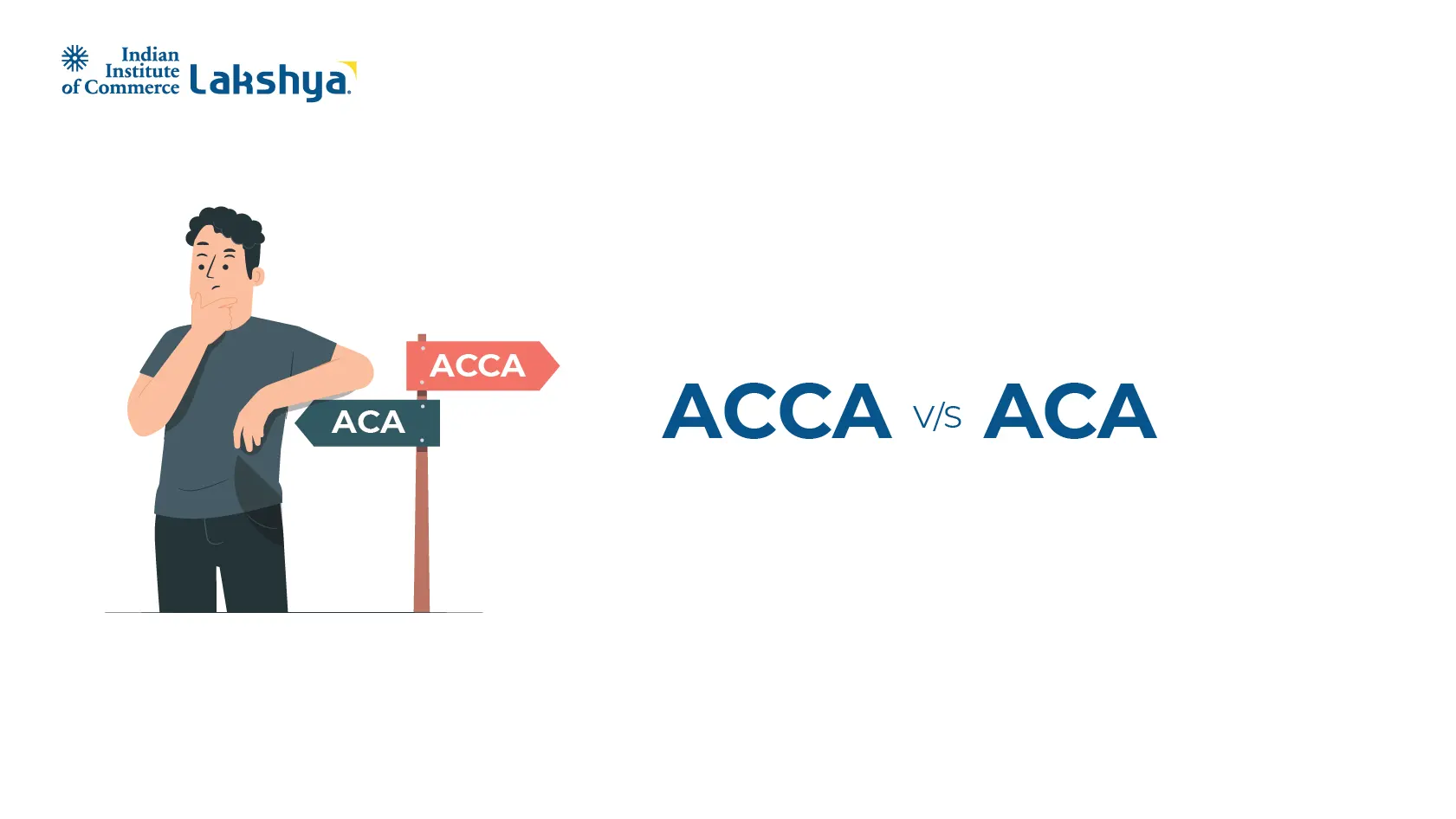














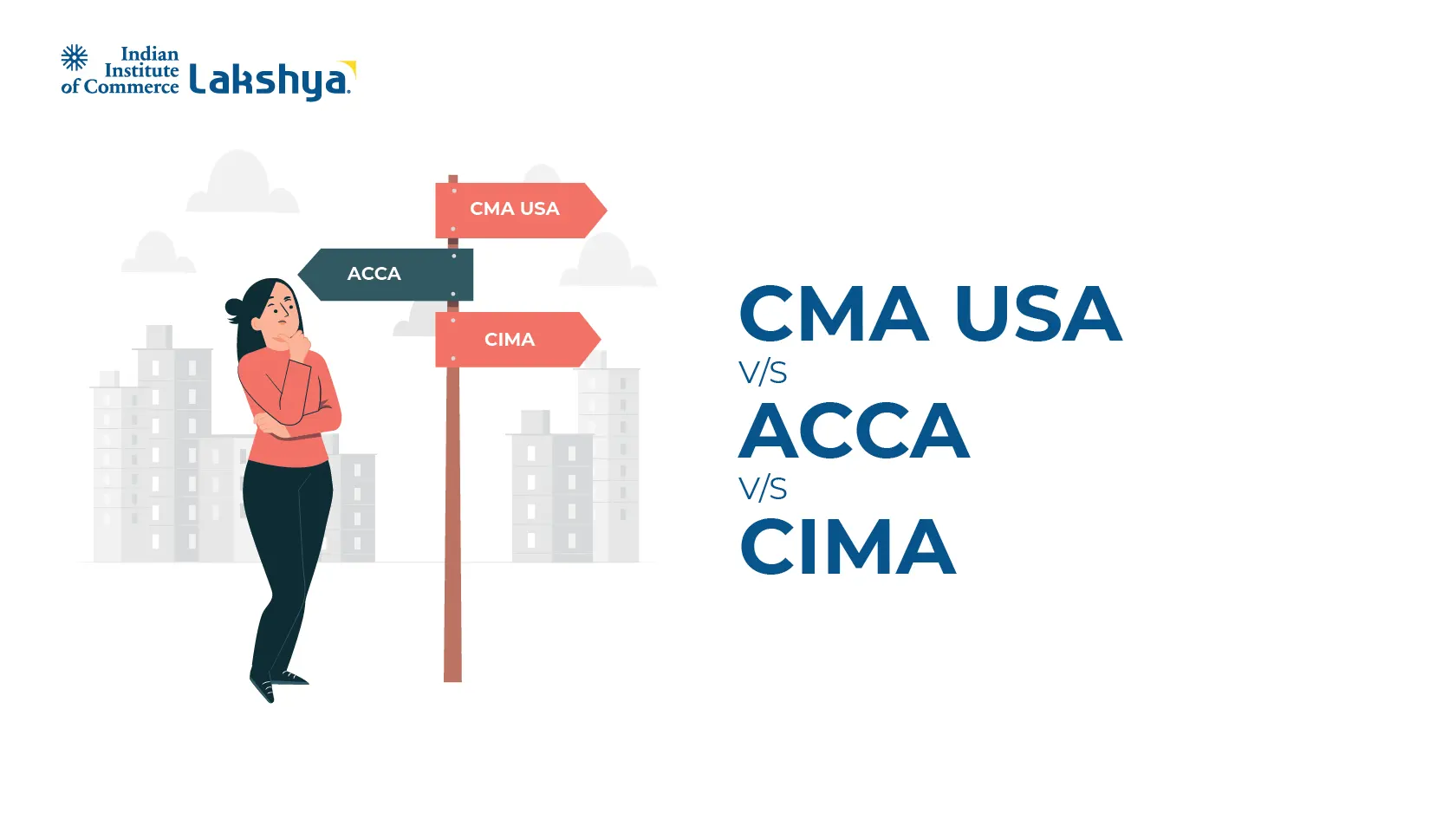





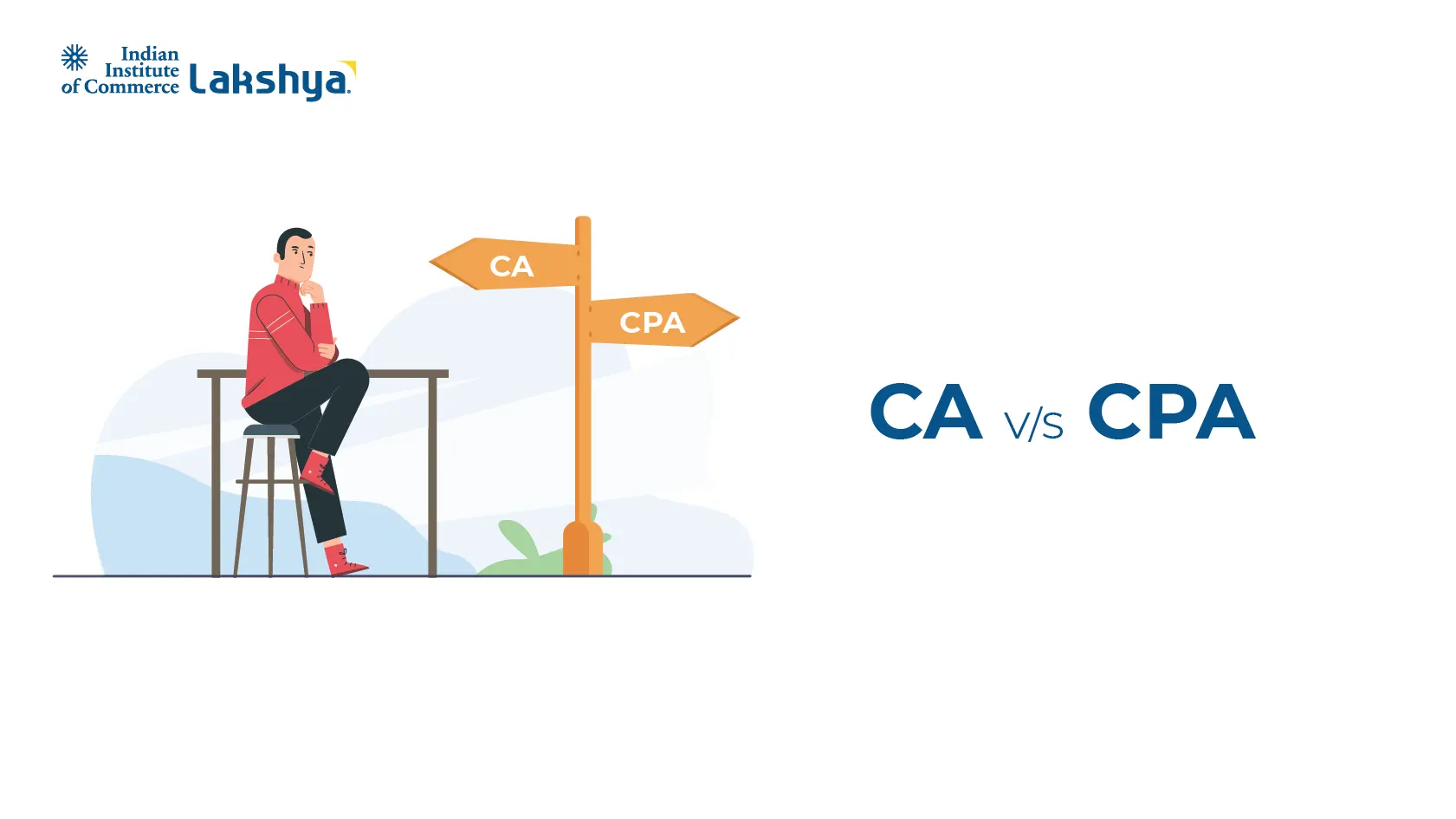
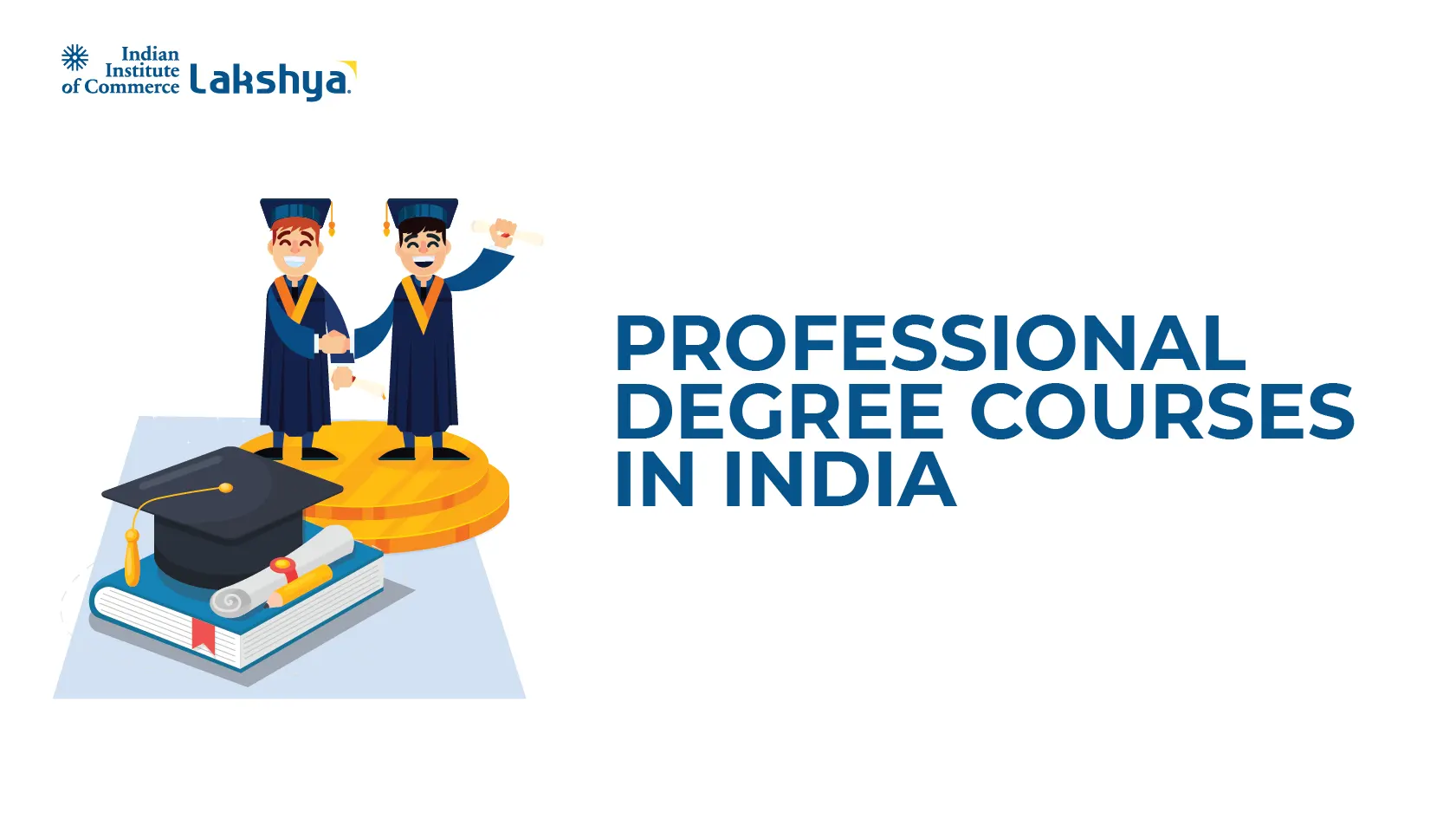


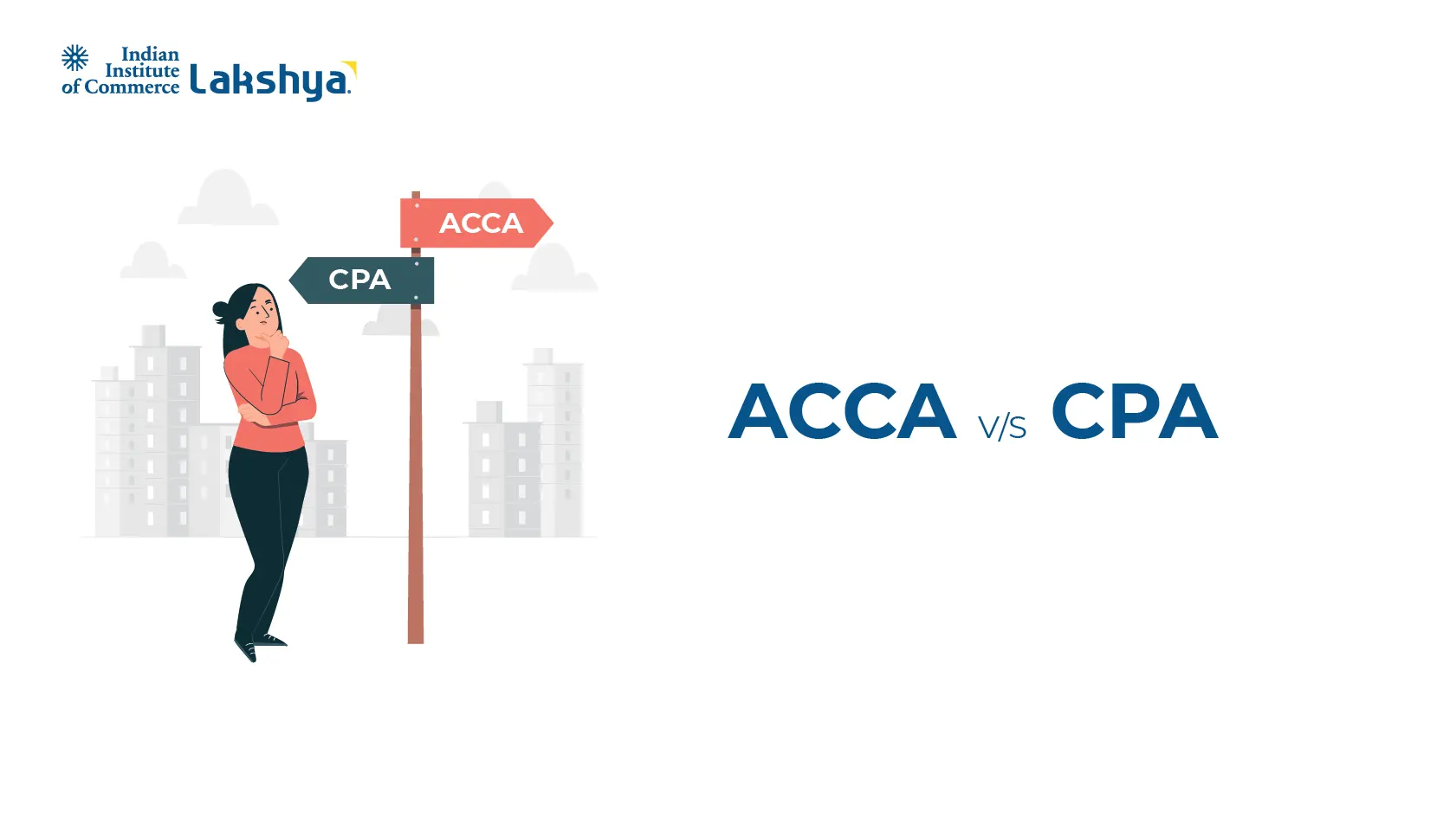
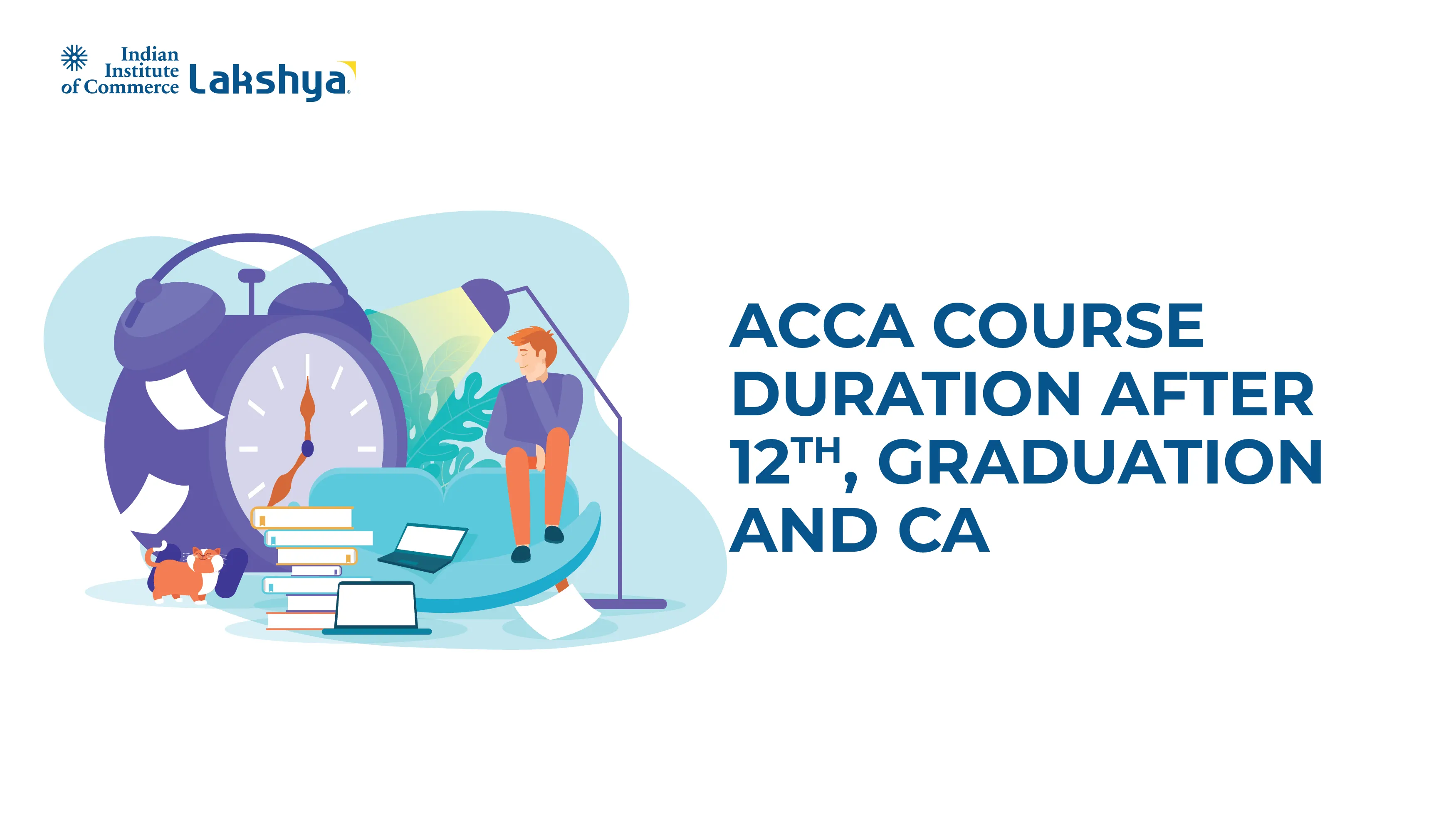


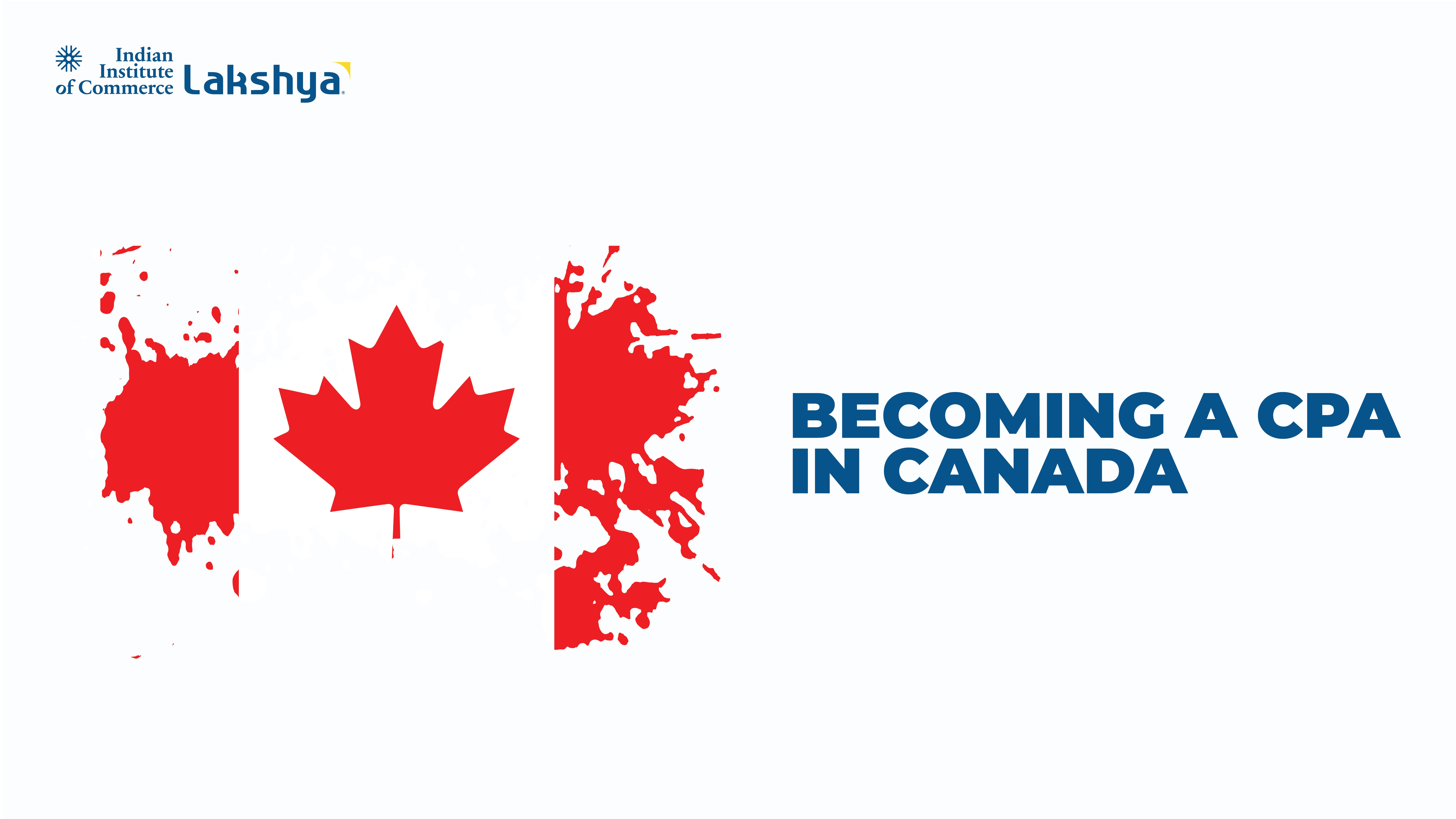
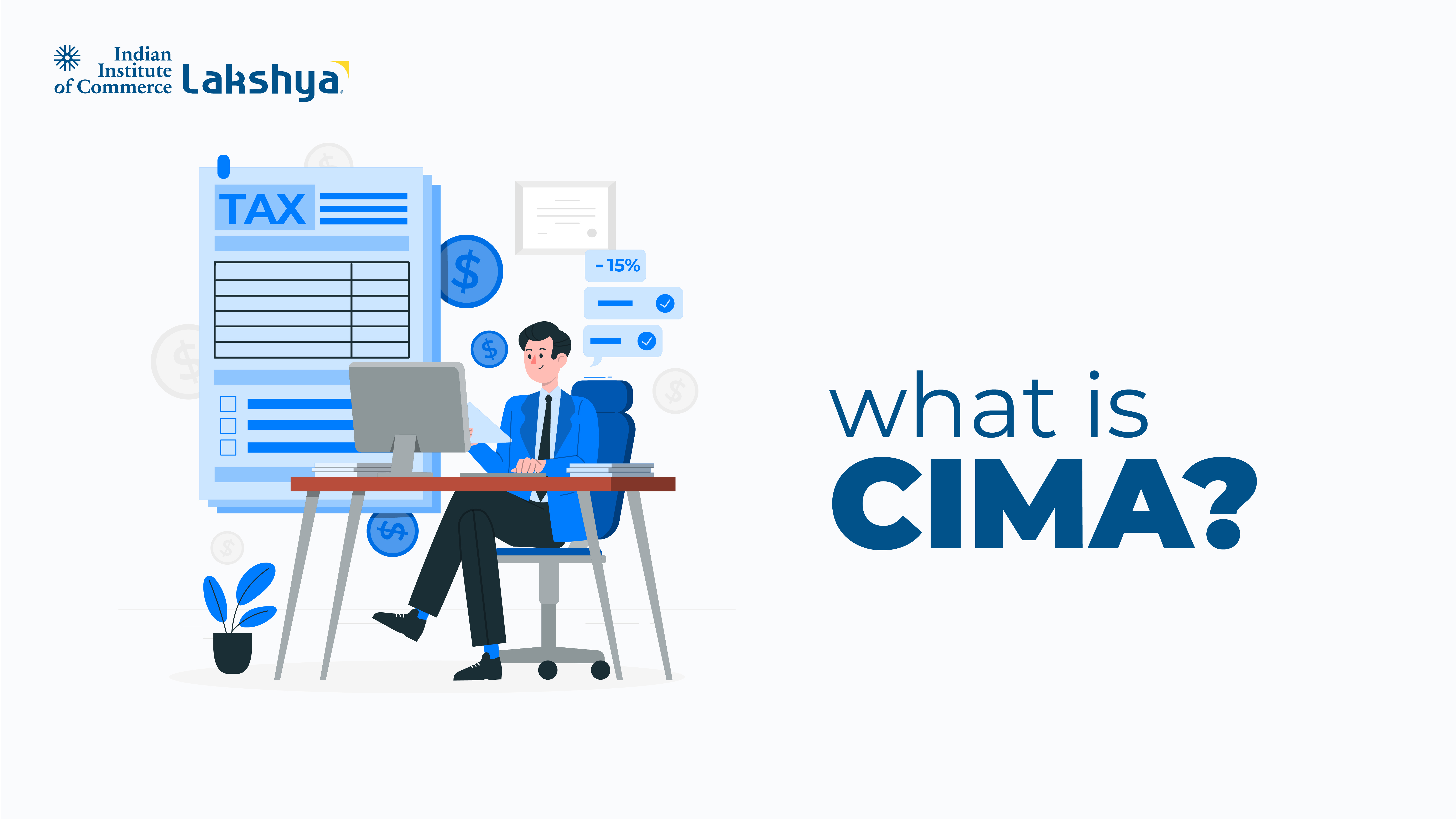

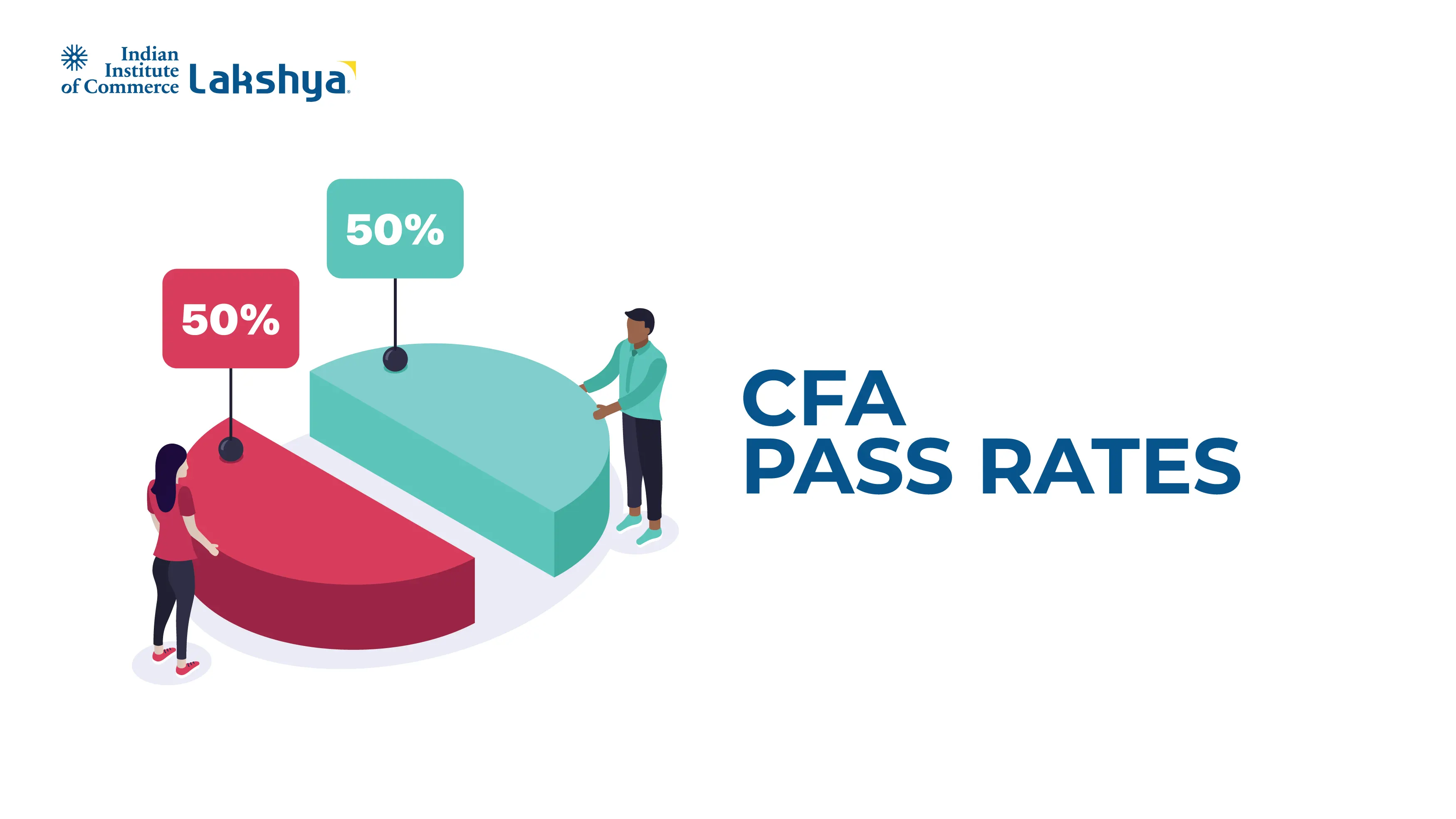


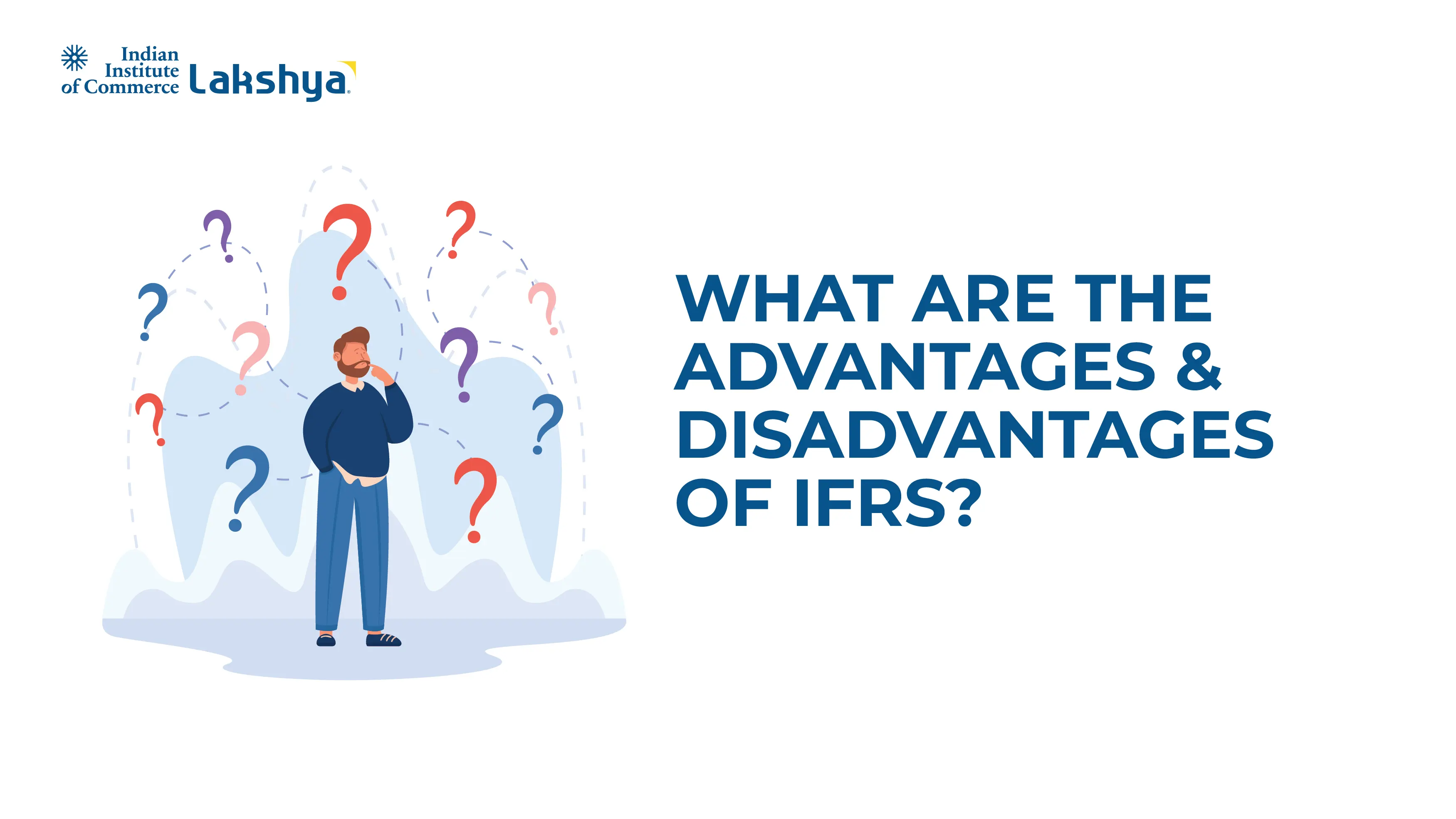



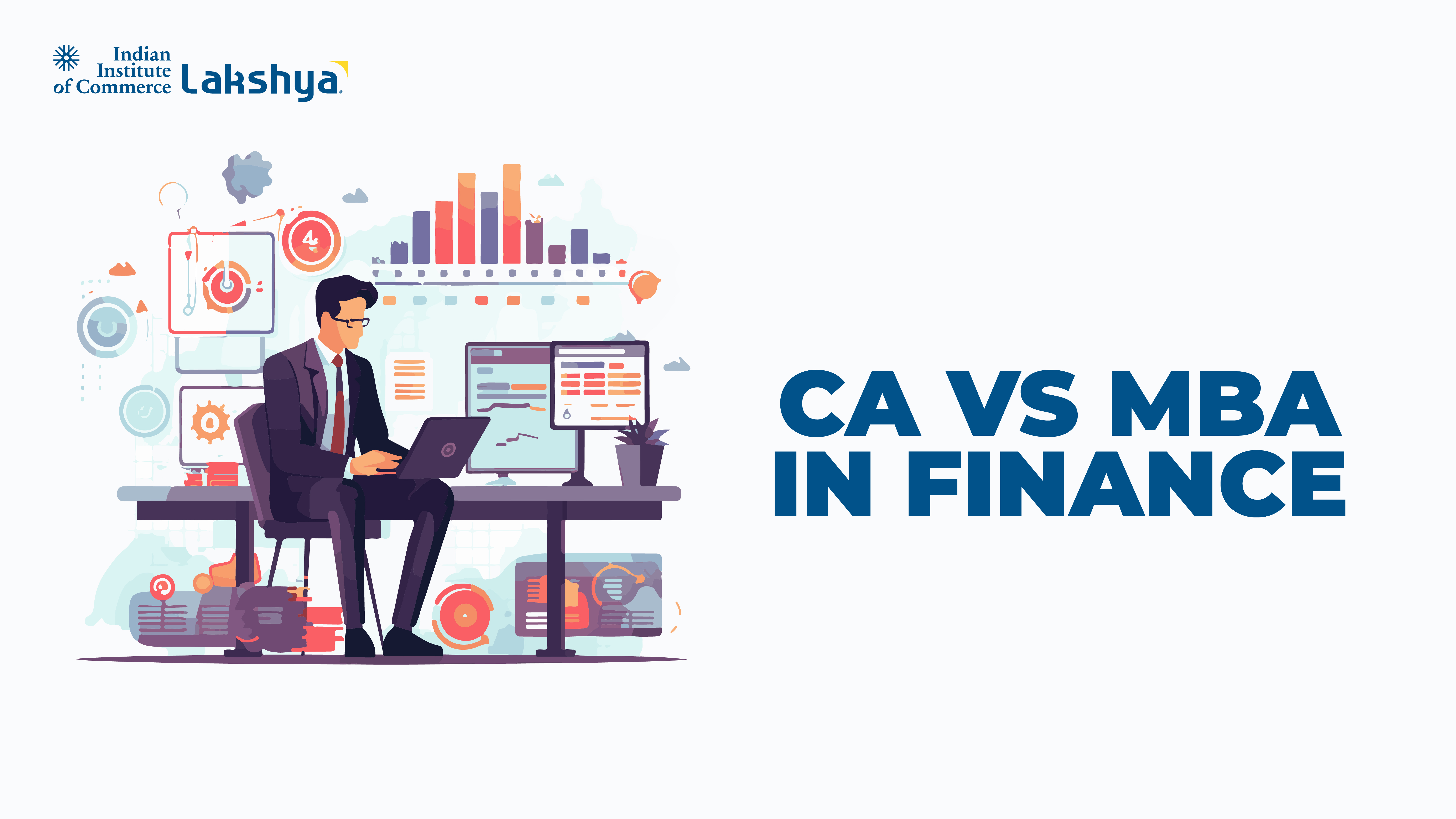


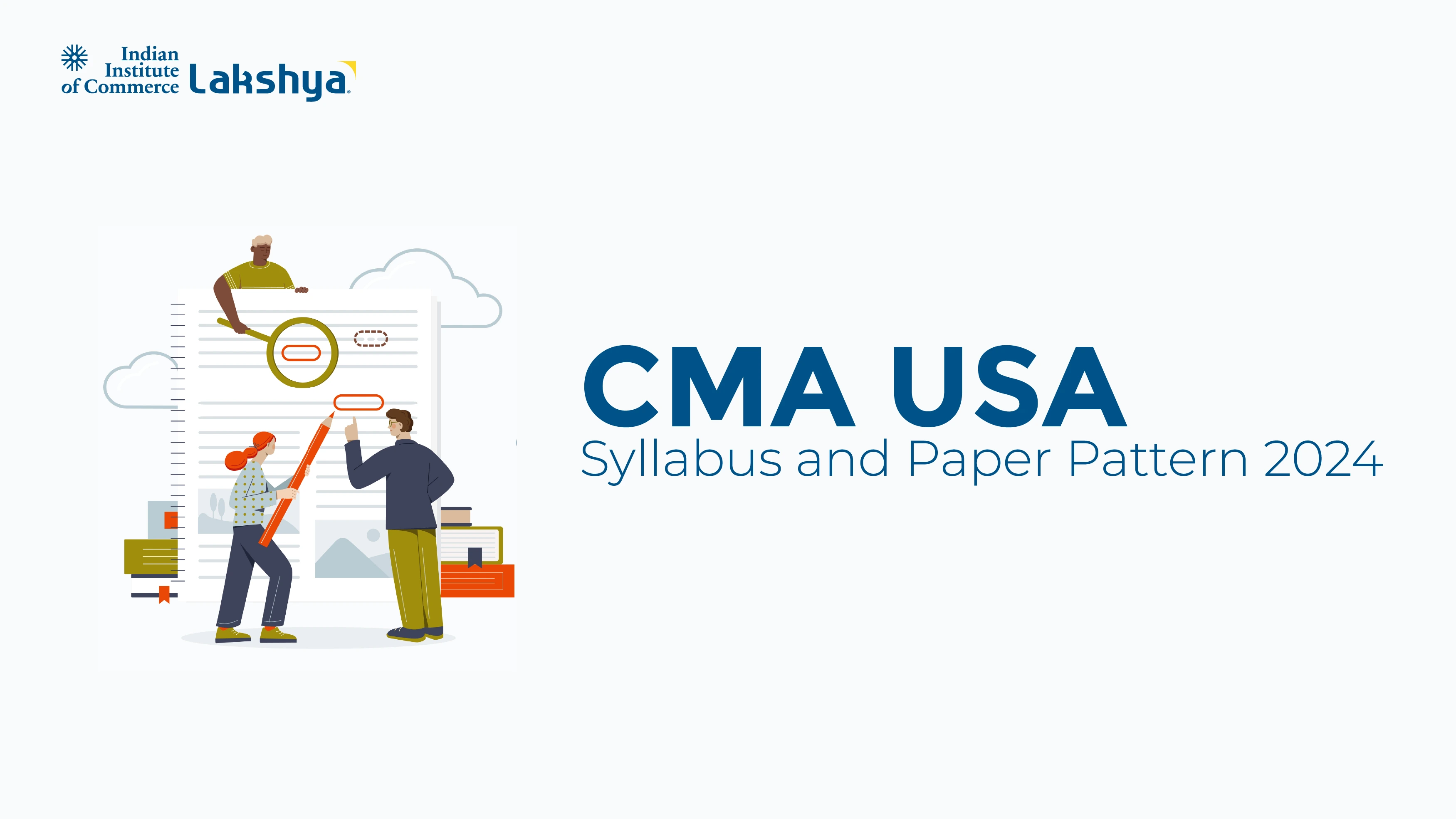
 salary.jpg)
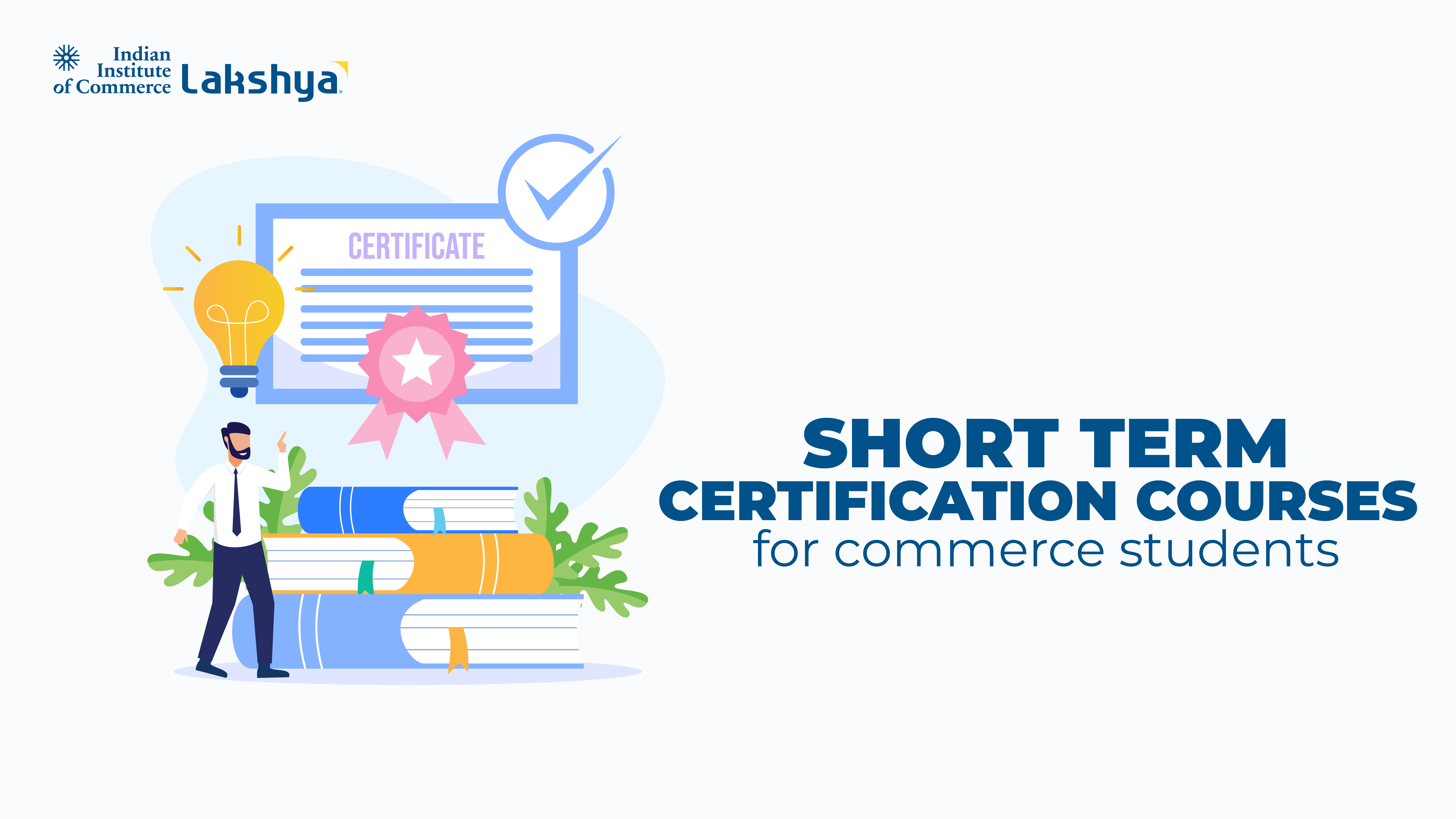





.webp)

.webp)
.webp)








